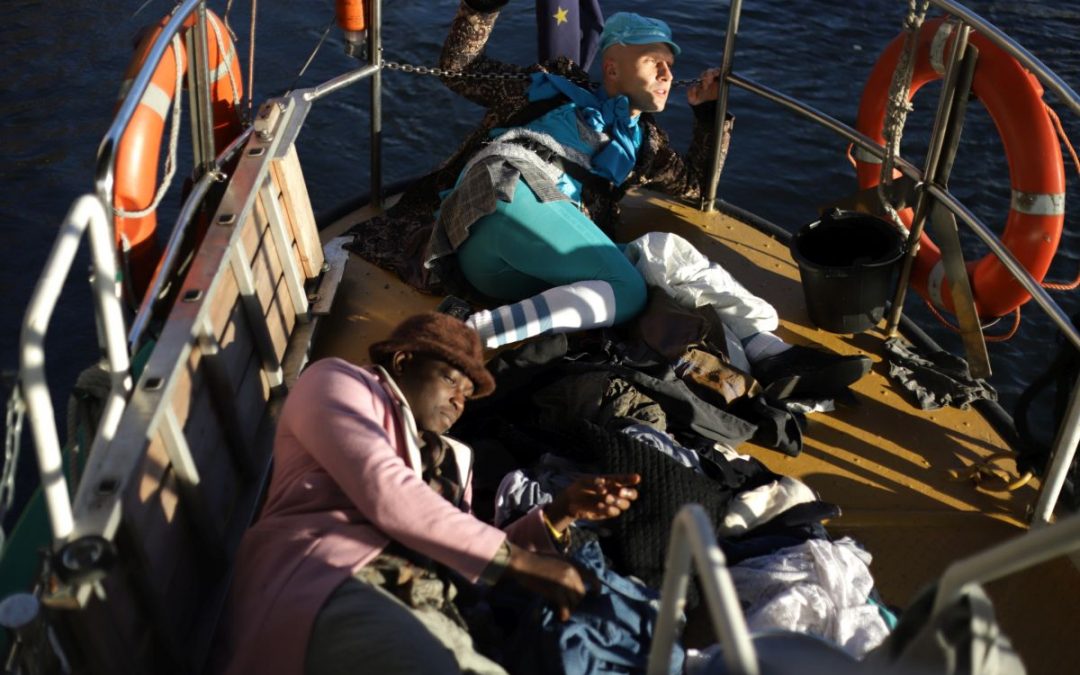
fast fashion secondhand Africa – don’t waste what you wear
fast fashion secondhand Africa – don’t waste what you wear
fast fashion secondhand africa: Kisitu Aloysius Musanyusa | KDindie©Paolo Gallo |26.11.2021
Das Wasser der Spree ist nicht süß - [The water of the Spree is neither sweet nor fresh]
Days 10, 11 & 12 of the 'congress on the clothes heap'
Excerpt from the logbook of barbara caveng
'I hope the tour was worthwhile for you ' - so it is friendly inquired in the email of 1.12.2021. Our friends are long since back in Uganda. In the morning of the 28th of November at 6:50 the plane had taken off punctually from Berlin in the direction Brussels and later in the morning left the continent behind, direction for Entebbe.
CUT
27.11.2021
I saw a tear run down Ruth's cheek. If pain burns, it must be hot. The warmth on that cold morning came from the pain. It was the 11th day of our sojourn, the last. We had set out to visit the African Quarter - where colonial history had inscribed itself in the street names. Mnyaka Sururu Mboro, who was to guide us, had suggested the Ugandan Street/African Street- junction, as a meeting point.
Viewpoints and insights at the corner of Uganda and African Street: Lotti Seebeck, Ruth Faith Naluke, Mnyaka Sururu Mboro, barbara caveng, Kisitu Aloysius Musanyusa, Jim Joel Nyakaana ©Jim Joel Nyakaana, Céline Iffli-Naumann.
CUT
25.11.2021
"If you need a lot of space to board, the pier at the Caprivi Bridge is best",Astrid had advised on the phone. 'Where?'- 'Caprivi Bridge,' the shipping manager repeated, 'in Charlottenburg.' -'Caprivi - with K or with C?'-'With C.'
CUT
27.11.
source:www.welt.de/geschichte/article111963581/Deutschlands-Exportgut-nach-Afrika-war-Schnaps.html
I recognized a map in the hands of Mboro, more precisely - a copy of a map from a book. Later on the web I find a similar one: The map is drawn with pen and ink and colorized. Togo, German Southwest Africa, German East Africa and Cameroon are watercolored reddish-brown - the shade of dried blood. The borders are depicted as red hemlines. The contours of German Southwest Africa resemble a skull with a strange slender, beak-like outgrowth. The tentacle is bulging into northeastern Namibia.
CUT
26.11.
From U-Bismarckstraße we had moved to Caprivibrücke in a procession of rag pickers. Our hybrid vehicles were loaded with clothes from our collection of 'Saved Items' from the last ten months: We had picked up a ton of clothing and textiles from the asphalt of the city.
The Caprivi Bridge, named after Leo von Caprivi, Imperial chancellor after Bismarck between 1890 and 1894
Since 1927, the Zambezi has meandered parallel to the Uganda Road through the African Quarter. In 1890, German interests focused on Africa's fourth largest river - after all, it seemed that a direct connection between German Southwest Africa and German East Africa could be established via the water. Germany ceded Zanzibar to England and in return "received" Heligoland and the aforementioned strip of land.
The word 'Zipfel' unavoidably makes me think of sausage.
Kisitu wore a classic wool coat, of a straight cut with narrow lapels over his grayish trousers with flaed legs down to the ankle, vest and shirt of an Indian label. We had all coveted the piece, but the garment did not fit anyone or the coat didn’t suit the wearer - until Kisitu tried it on. Its label: United Colours of Benetton - fished out of the gutter on some corner of the city - saved by Streetware. .
While we hoisted our rolling clothes racks over the railing and affixed our banner to the top deck, the social entrepreneur and environmental activist stood on the jetty of the Caprivi Strip giving an interview. The stern of the MS Sylvia pointed toward Westhafen. They call the Zambezi River 'the Spree' at this spot.
The Imperial Chancellor Caprivi came up with the clever plan of connecting German Southwest Africa and German East Africa, which was supposed to boost trade in colonial goods. However, his bold dreams were dashed at the Victoria Falls and his economic visions were shattered on the cliffs of the waterfalls.
We sailed our rag boat past the containers on the harbour site of Westhafen, boxes that symbolize the global and often enough post-colonial trade in goods - like the export of our last season's fashion preferences disposed of in the clothing containers towards Africa.
The proud clinker facade of the Behala building blocks the view to LaGeSo (Landesamt für Flüchtlinge und Soziales). The limbo of the buildings is haunted by people without papers. Perhaps they came by ship from the Libyan coast across the Mediterranean, wearing the second-hand clothes that once hung in our closets.
We pass the Humboldt Forum - a museum site with global aspirations, in which colonial continuities in thought and action are shamefully manifested. One of the alliance partners of the campaign No-Humboldt 21 is the association Berlin Postkolonial, whose founding member is Mnyaka Sururu Mboro.
CUT
29.11.
Reading up: The Caprivi Strip on Namibian land was renamed the 'Zambezi Region' in August 2013. Since then, the port city of Lüderitz is called „!Nami≠Nüs“ -'Hug'
fastfashion – Second Hand Africa – Don‘t waste what you wear!
Dressed as ragamuffins à la mode in rags of fast fashion, we cruised merrily along the Spree and chanted our slogan with verve to passers-by on the banks. Eye patches instead of rose-colored glasses.
On the walk of remembrance in the African Quarter of Berlin, we as white and black humans had to endure, see, read and hear about what the historical basis is on which we meet as fellow colleagues and friends.
Why, I wonder, did the Caprivi Bridge not get a new name at the same time as the area was renamed Namibia? For example in 'Privi_Lege Bridge'.
This would not be an embrace but perhaps a rapprochement and the riverside beer garden would then perhaps be called 'Pleasure Garden of Privileges' and not CapRivi.
'The Congress on the Clothes Dump' described a series of events between September and November 2021 dedicated to an inclusive and participatory philosophizing about the meaning of clothes, their production, distribution and consumption. Invited guests and random attendees digged into textonic layers, searched for solutions, questioned the ethics of the second skin. Clothing protects and adorns. It represents basic aesthetic and existential needs, but its mode of production destroys the environment on a large scale and endangers the physical and psychological well-being of the people who cope with the manufacturing processes in socially intolerable conditions. How could sustainable production and economy look like - this is what we explored with people from the global - as well as Berlin - North and South in a multi-perspective way.
Mnyaka Sururu Mboro, born and raised in Tanzania, came to study in Germany in 1978 and then settled in Berlin.
He is a board member and co-founder of Berlin Postkolonial e.V., and for decades has been active in advocating for a critical confrontation of German colonialism. One of his main concerns is the restitution of human remains, which were stolen during the German colonial era and which to the present day are found in the collections of the “Stiftung Preußischer Kulturbesitz” (SPK), the “Berliner Gesellschaft für Anthropologie, Ethnologie und Urgeschichte” (BGAEU), as well as several other institutions all over Germany.
http://justlisten.berlin-postkolonial.de/en/mnyaka-sururu-mboro
Quelle Umbenennung der Stadt Lüderitz: www.dw.com/de/deutsche-ortsnamen-verschwinden/a-17009617#:~:text=Nami%E2%89%A0N%C3%BCs%22.,bis%201915%20eine%20deutsche%20Kolonie

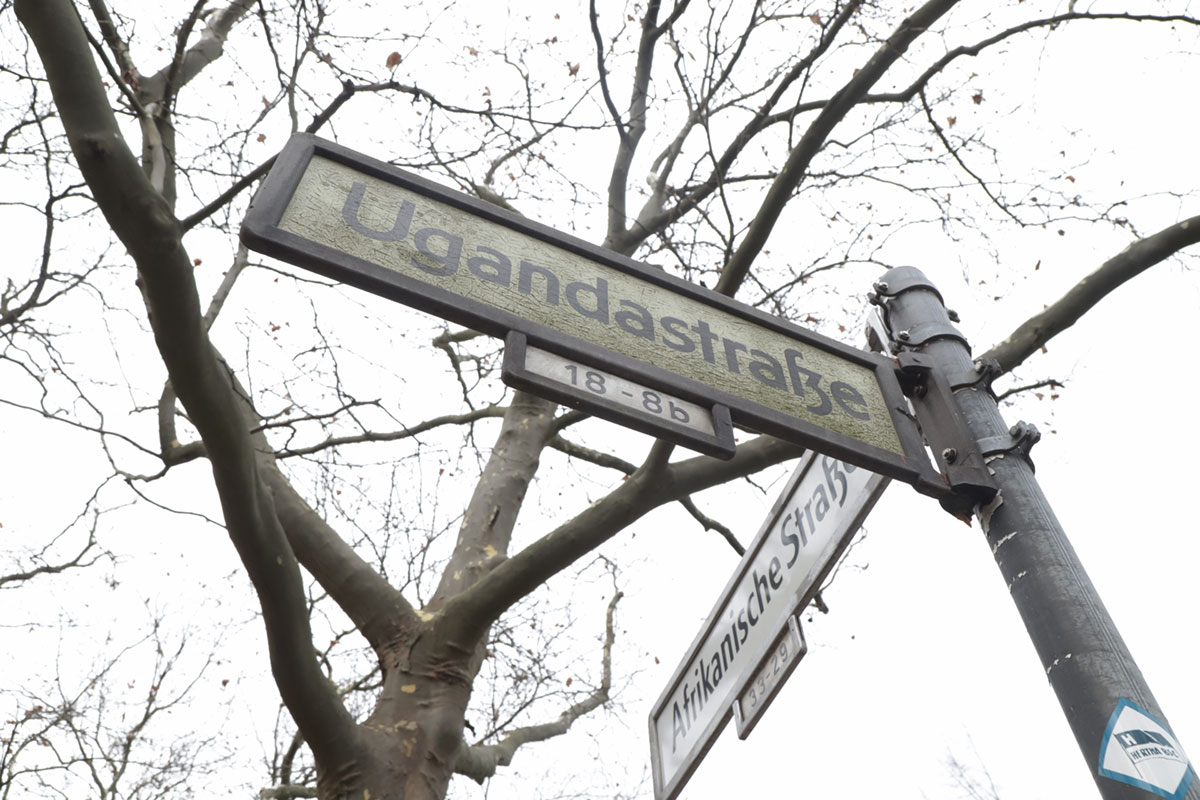
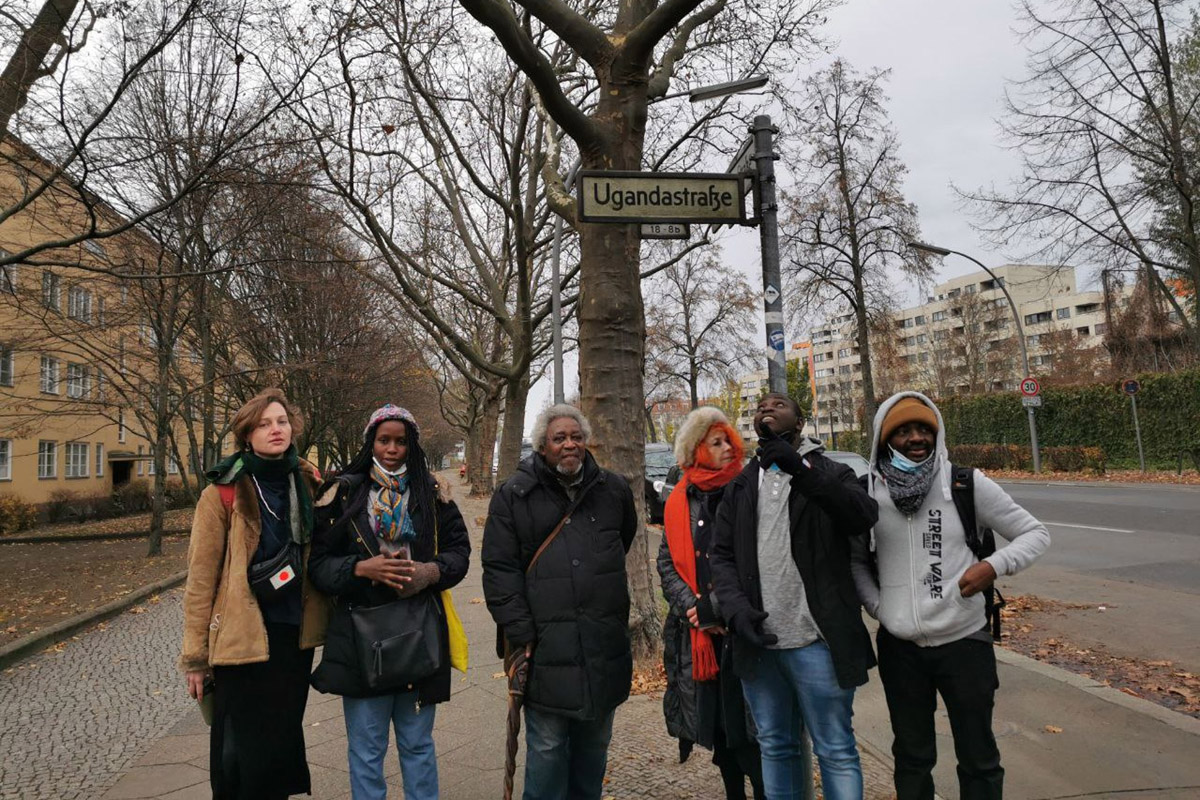

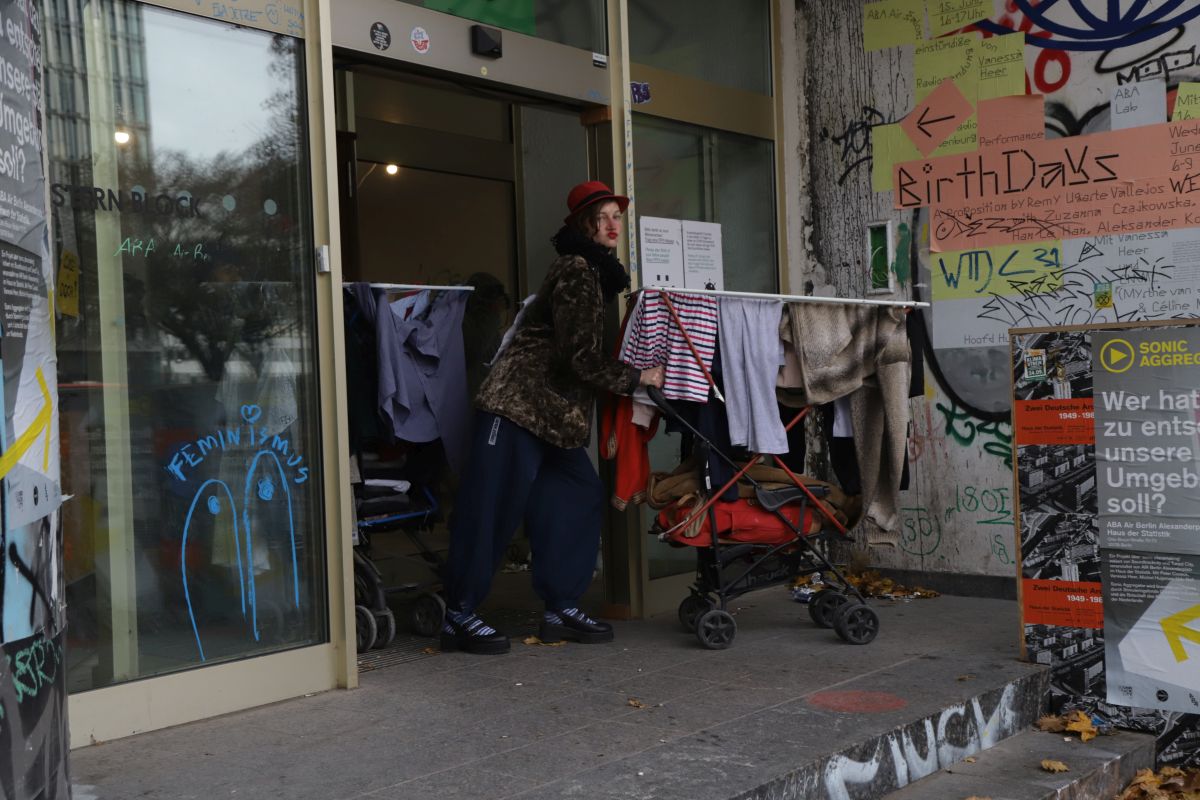
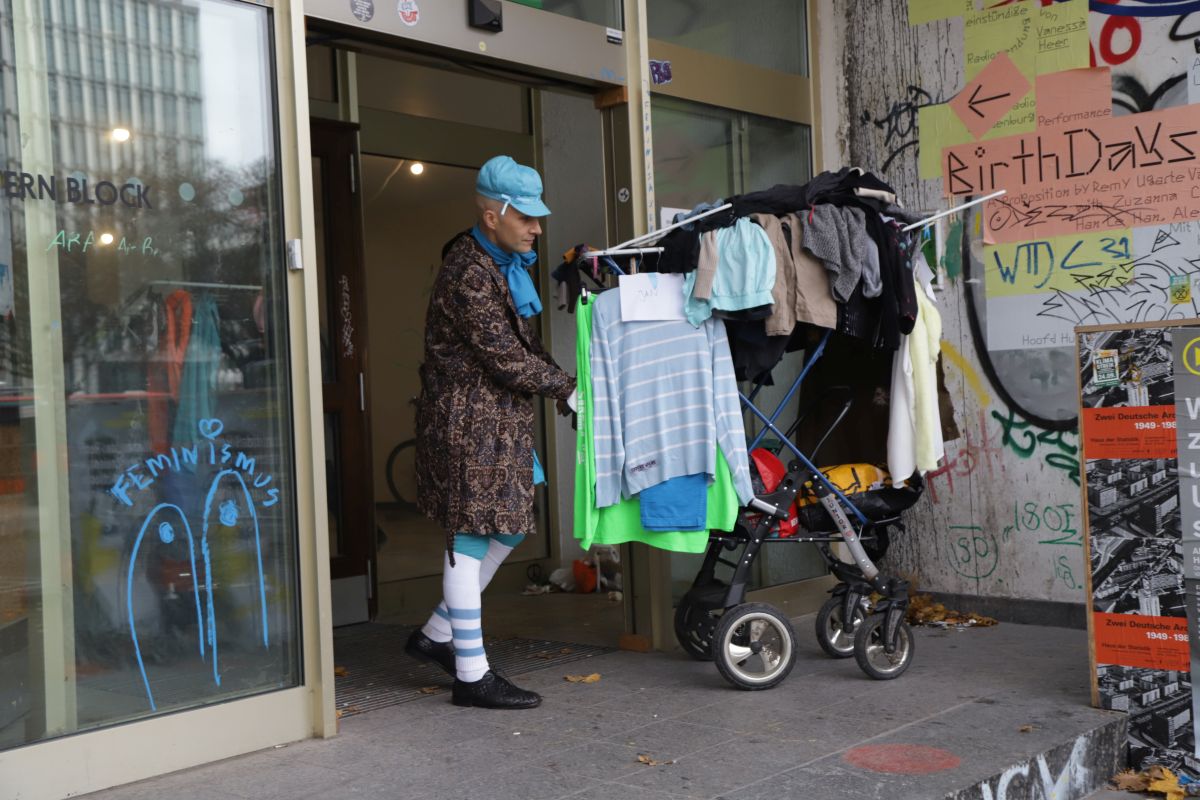
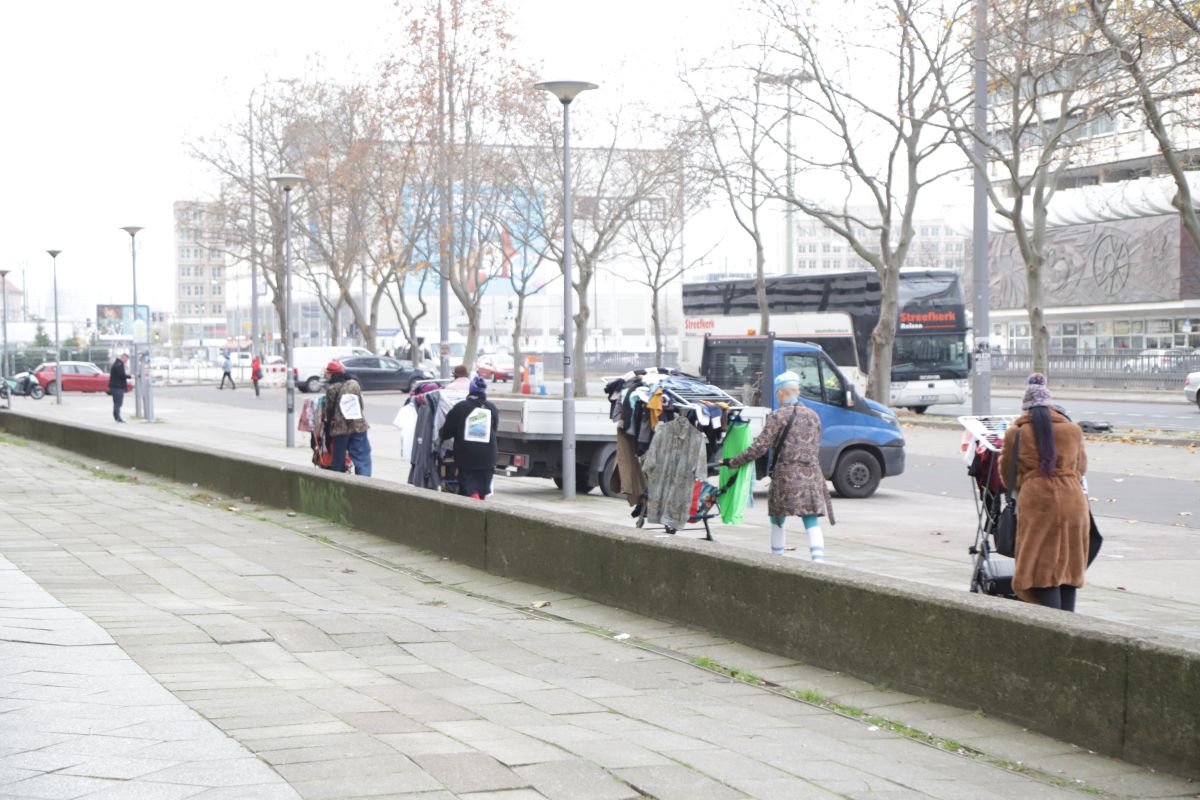
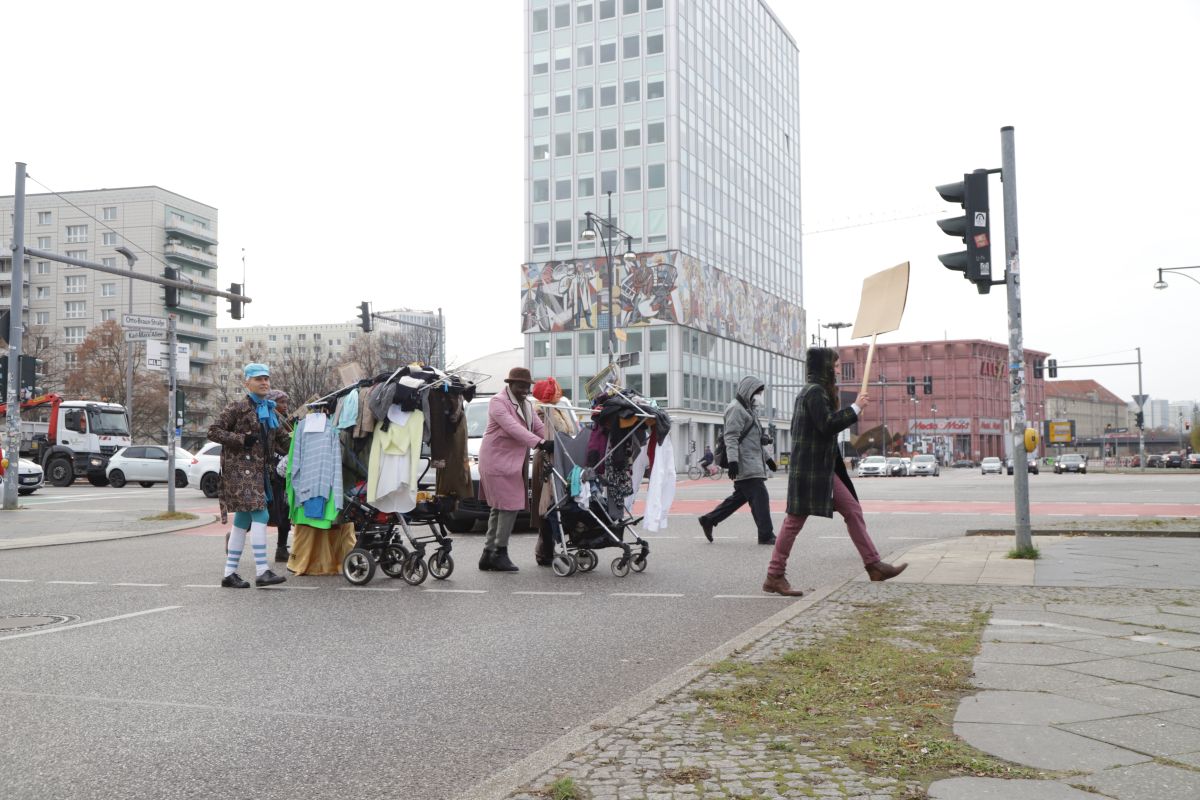
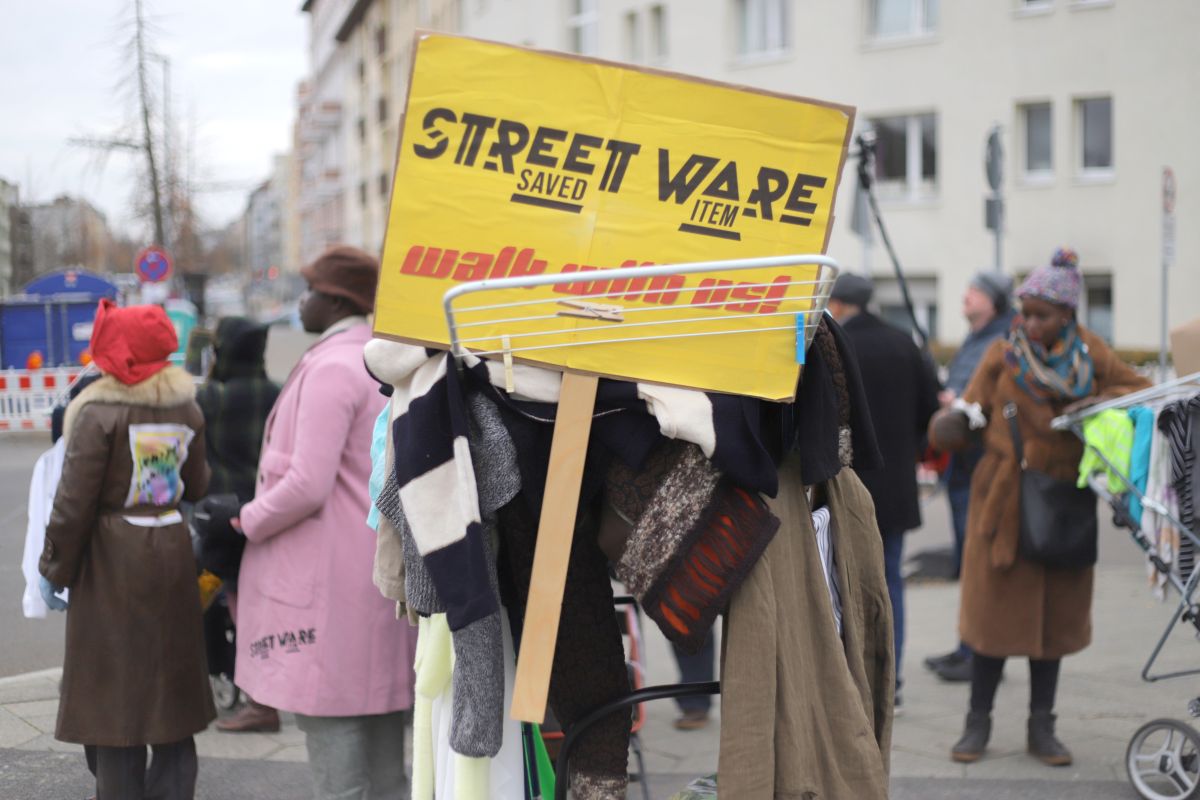
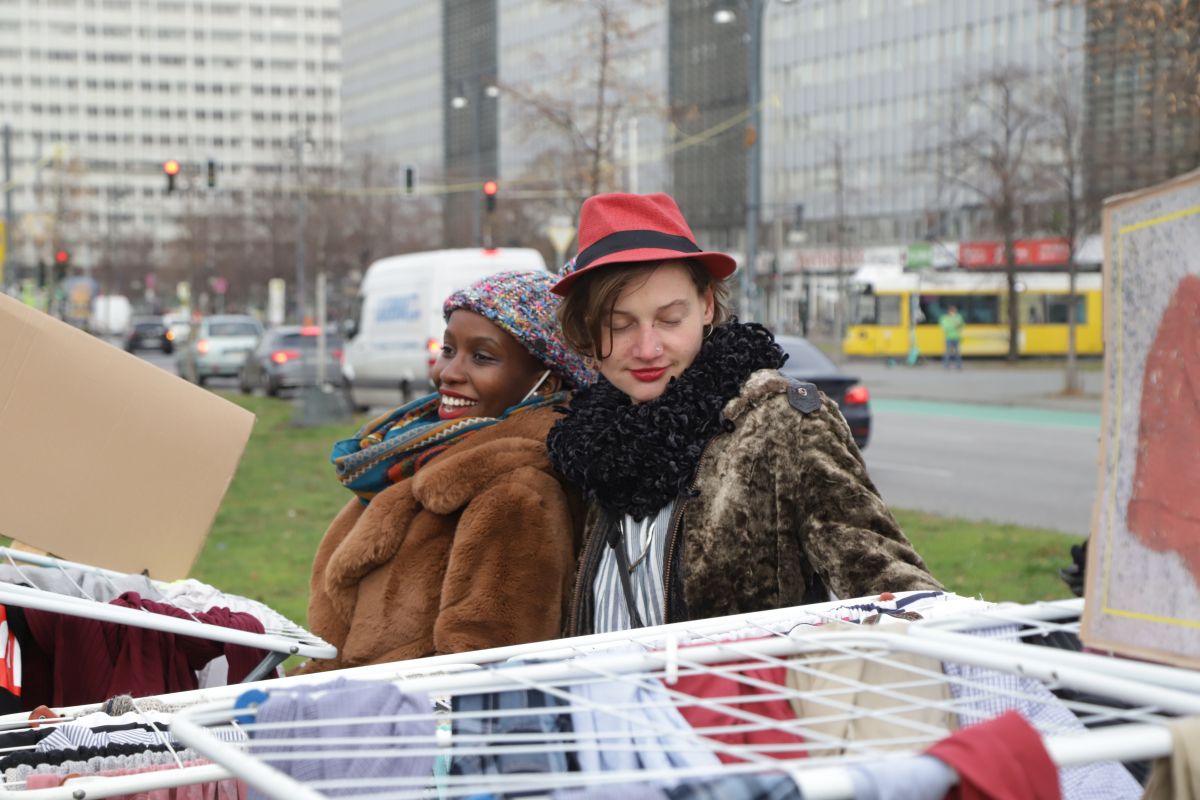
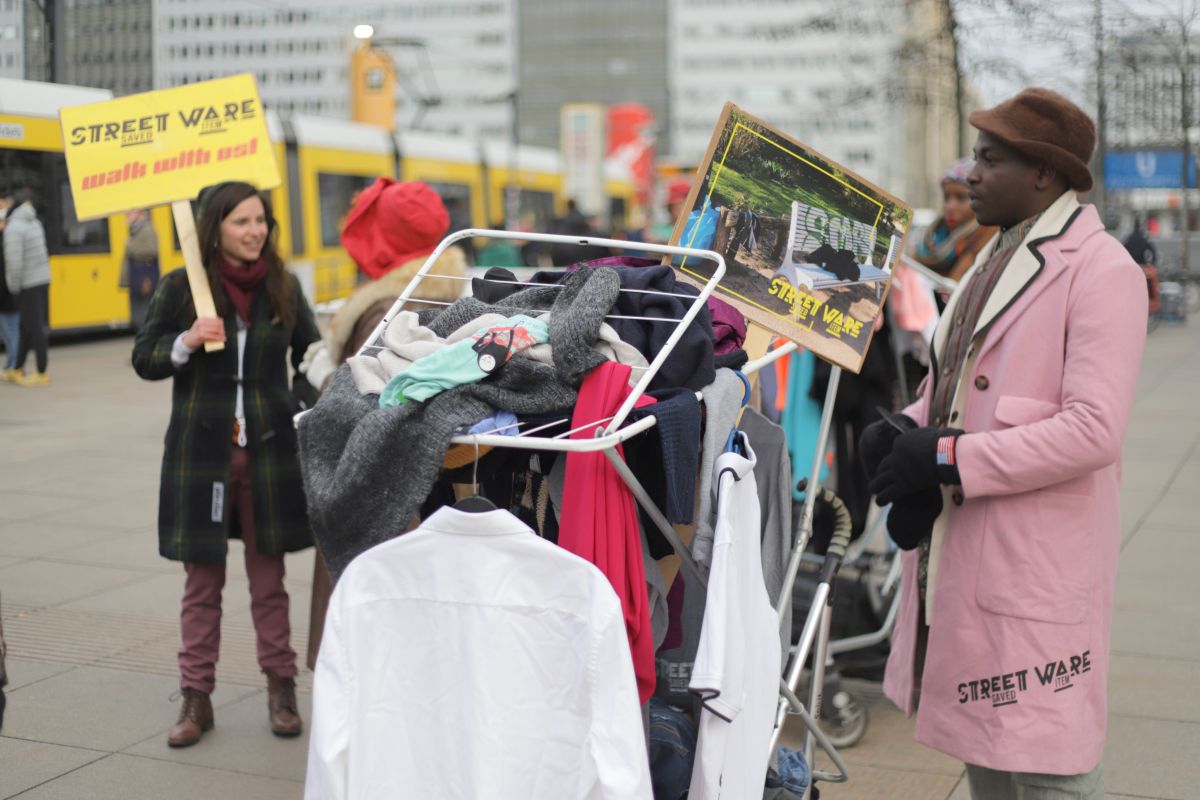
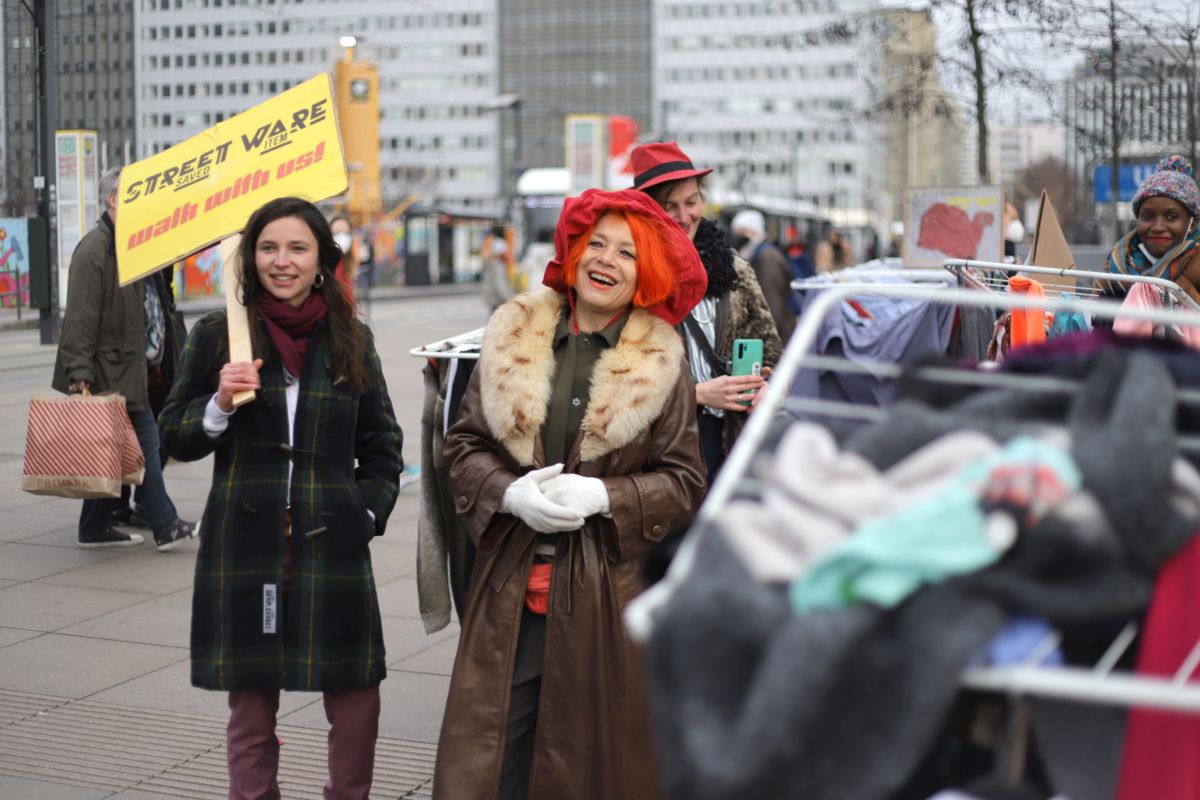
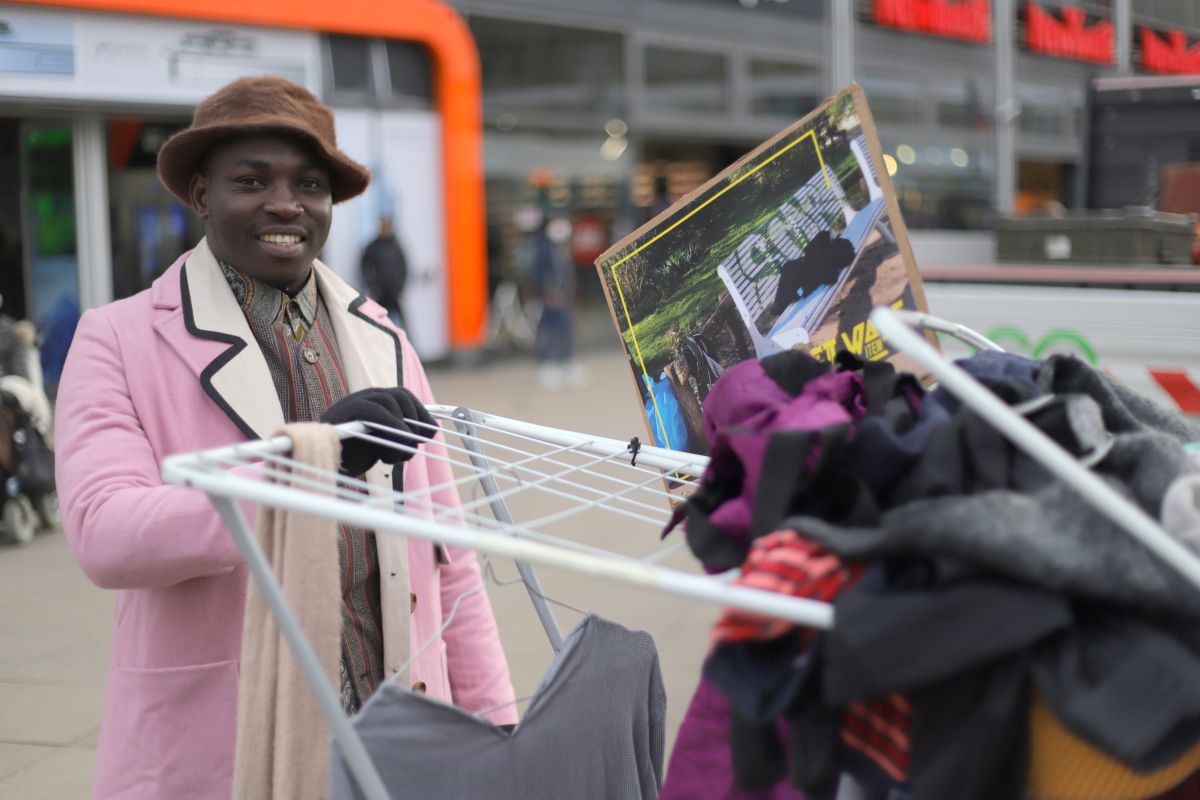
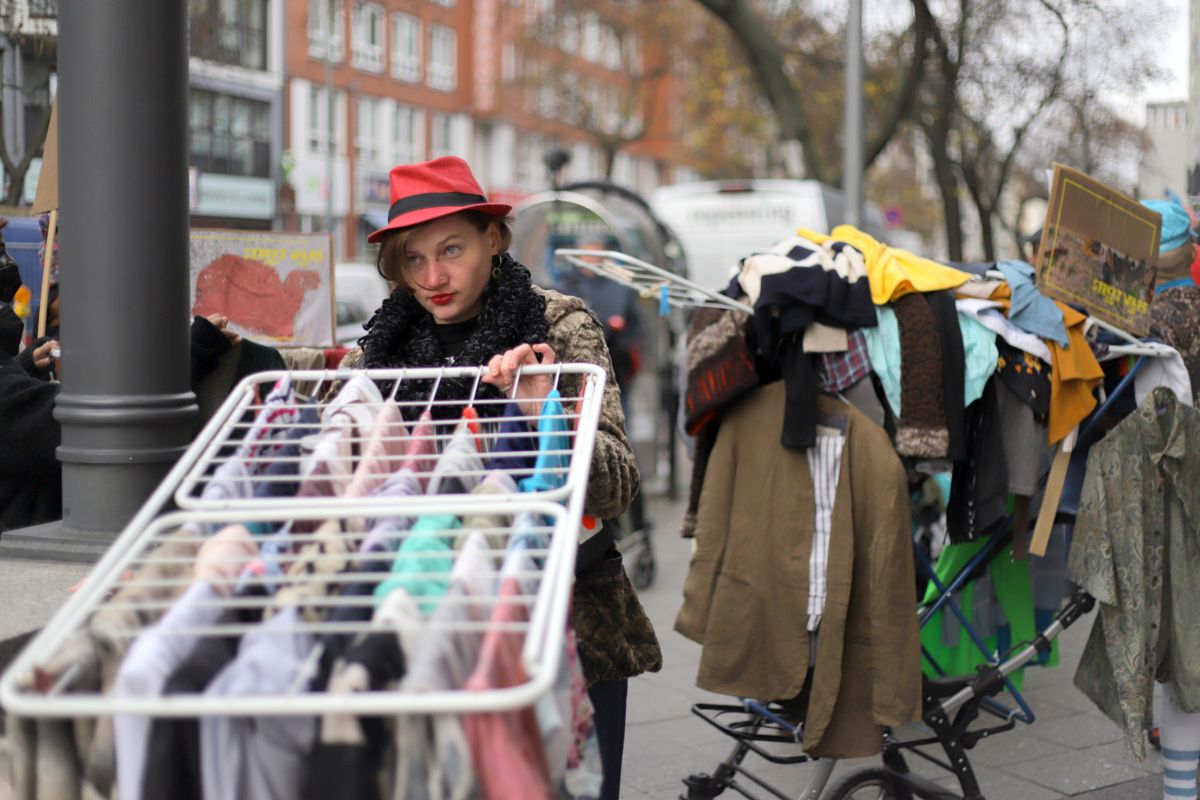
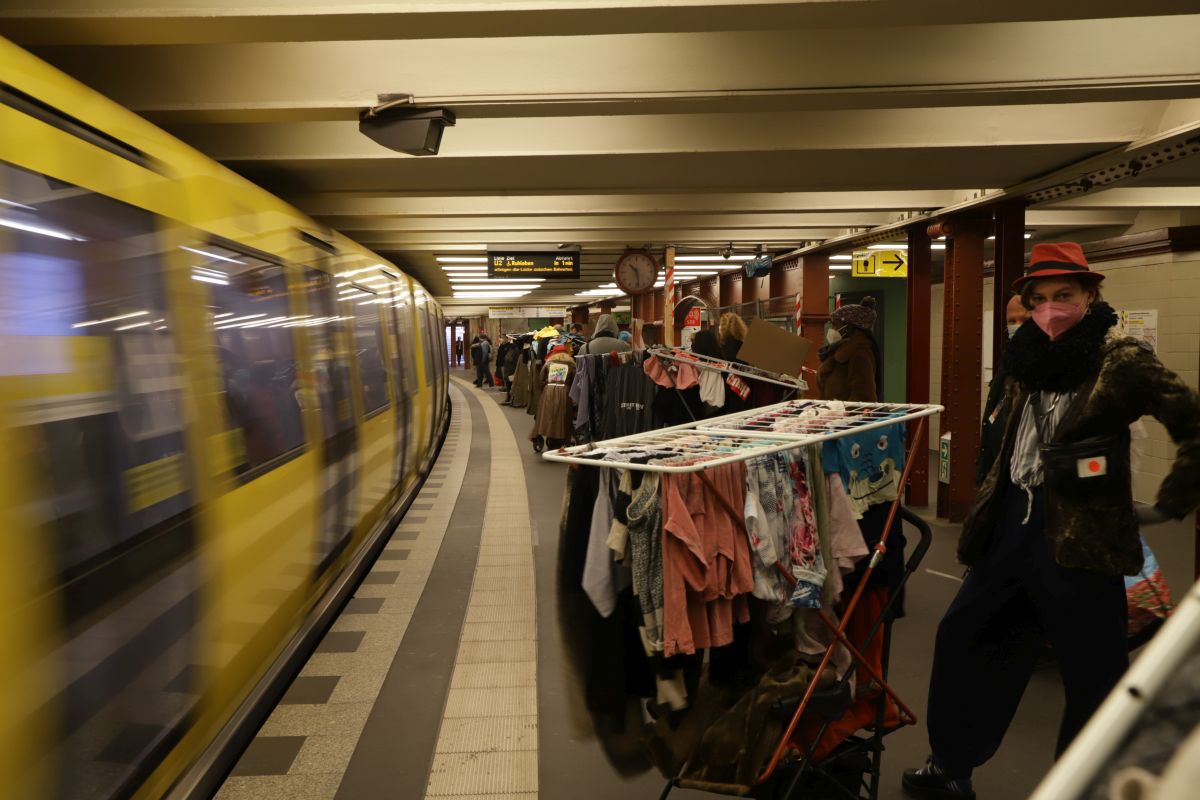
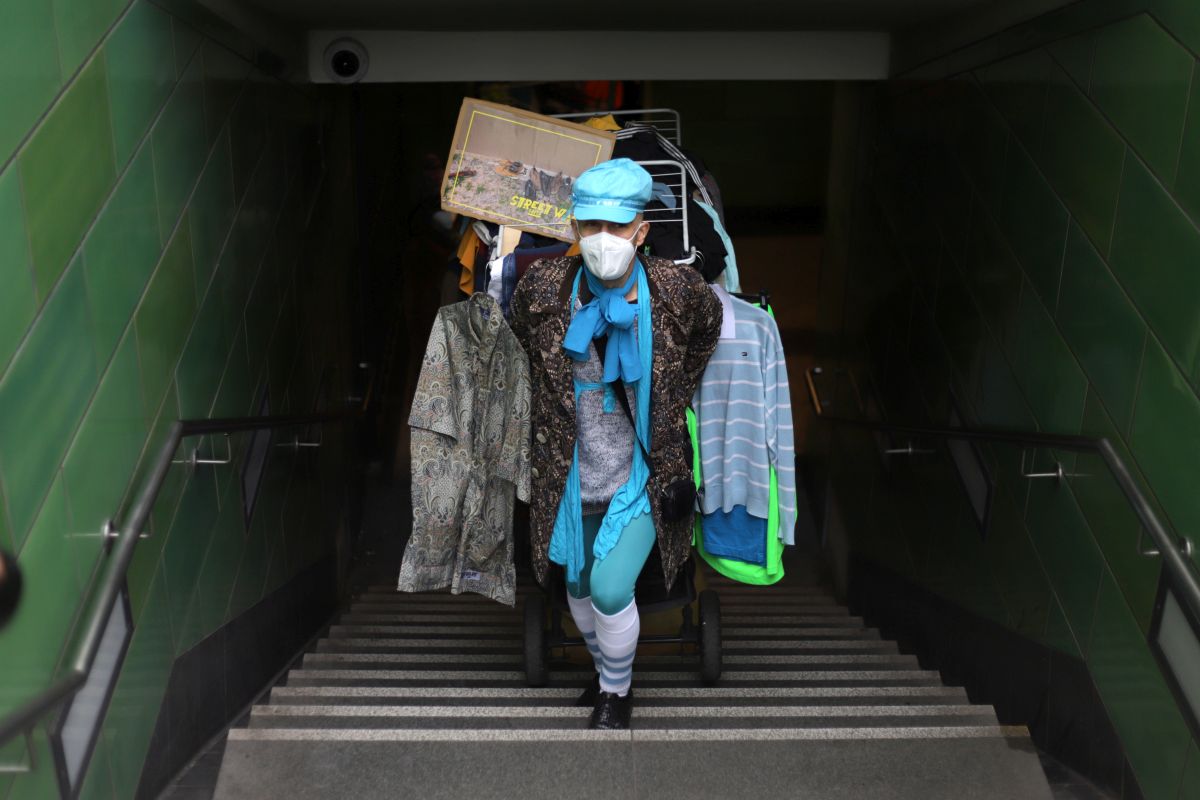
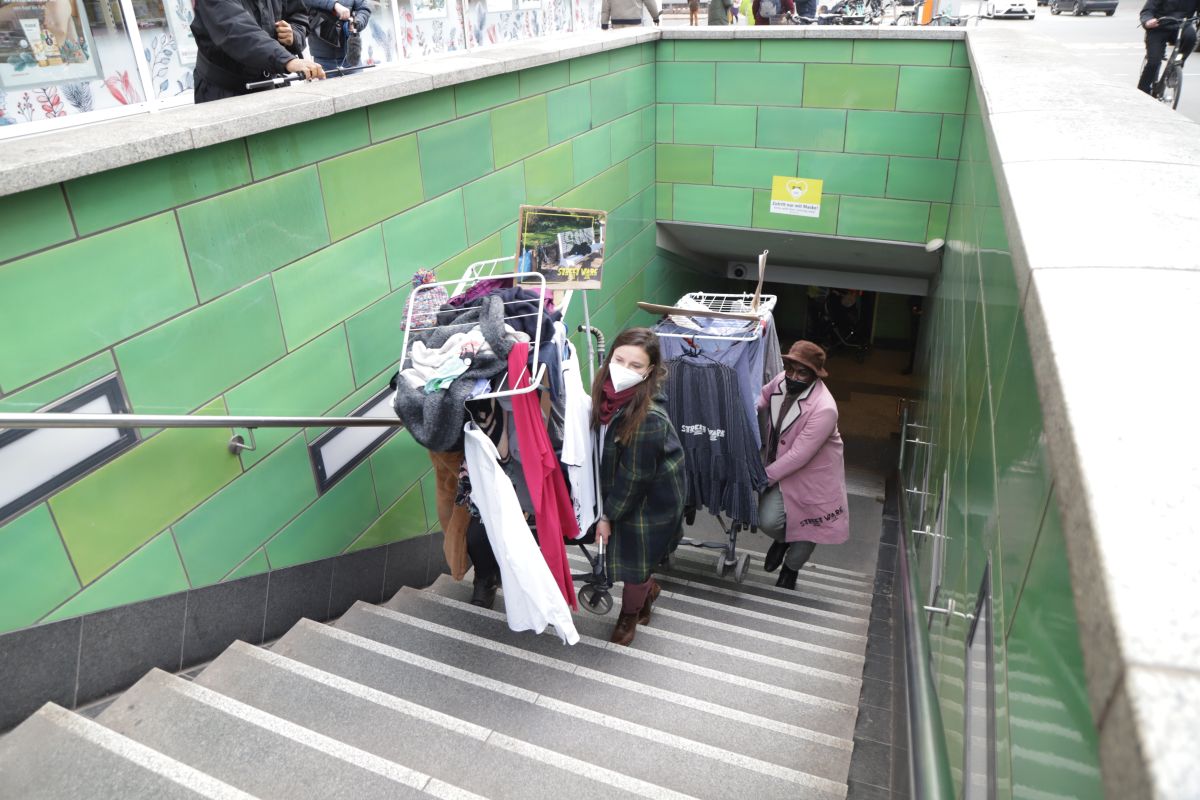
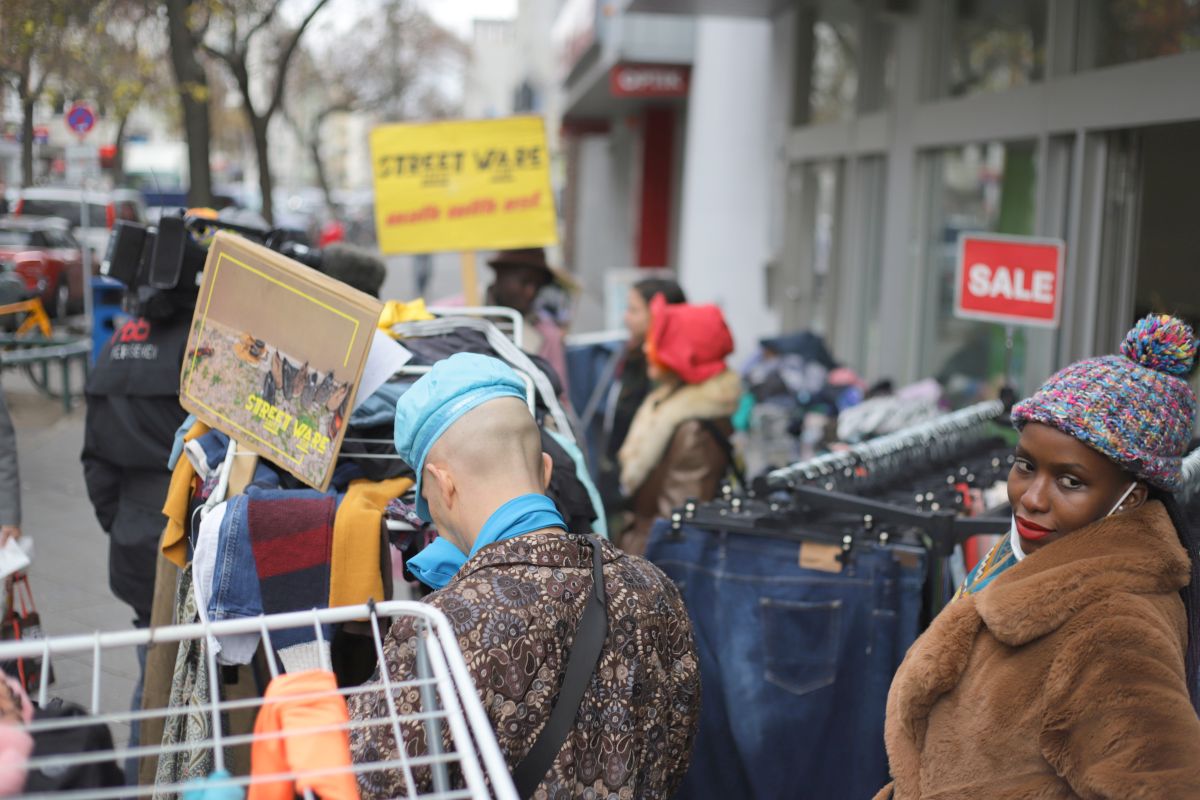
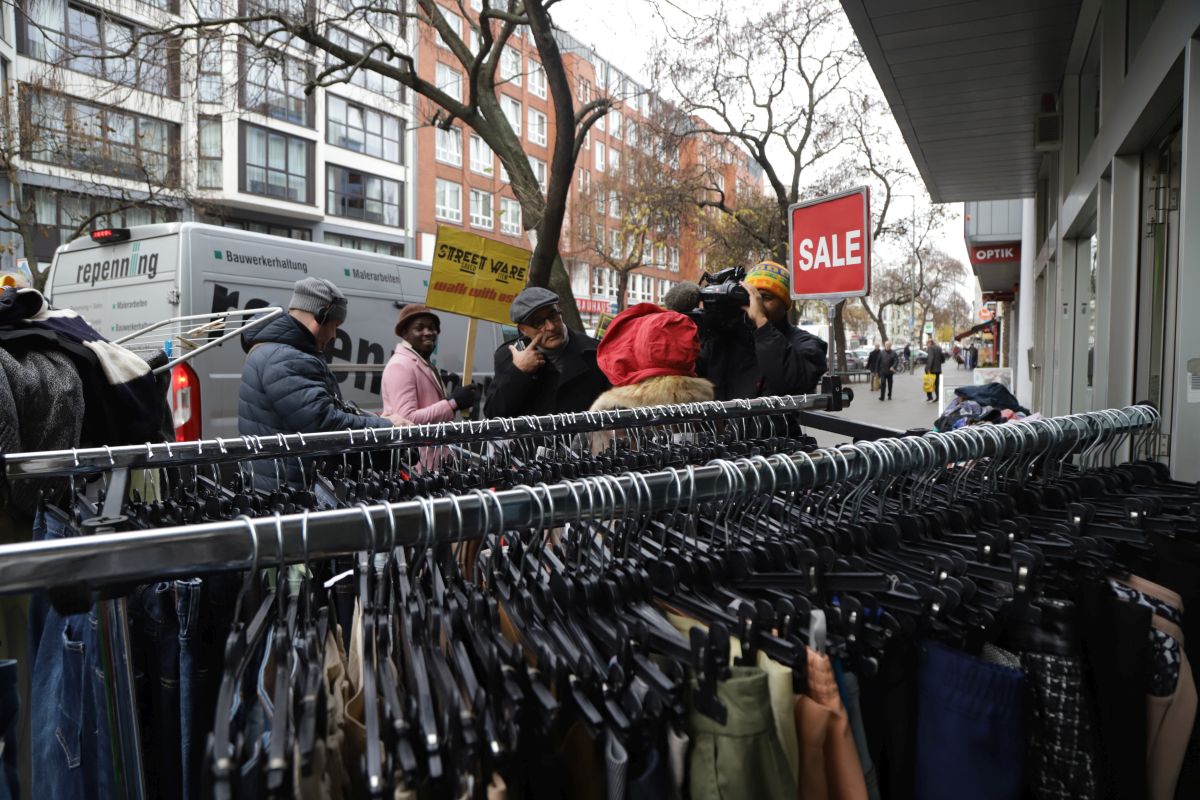
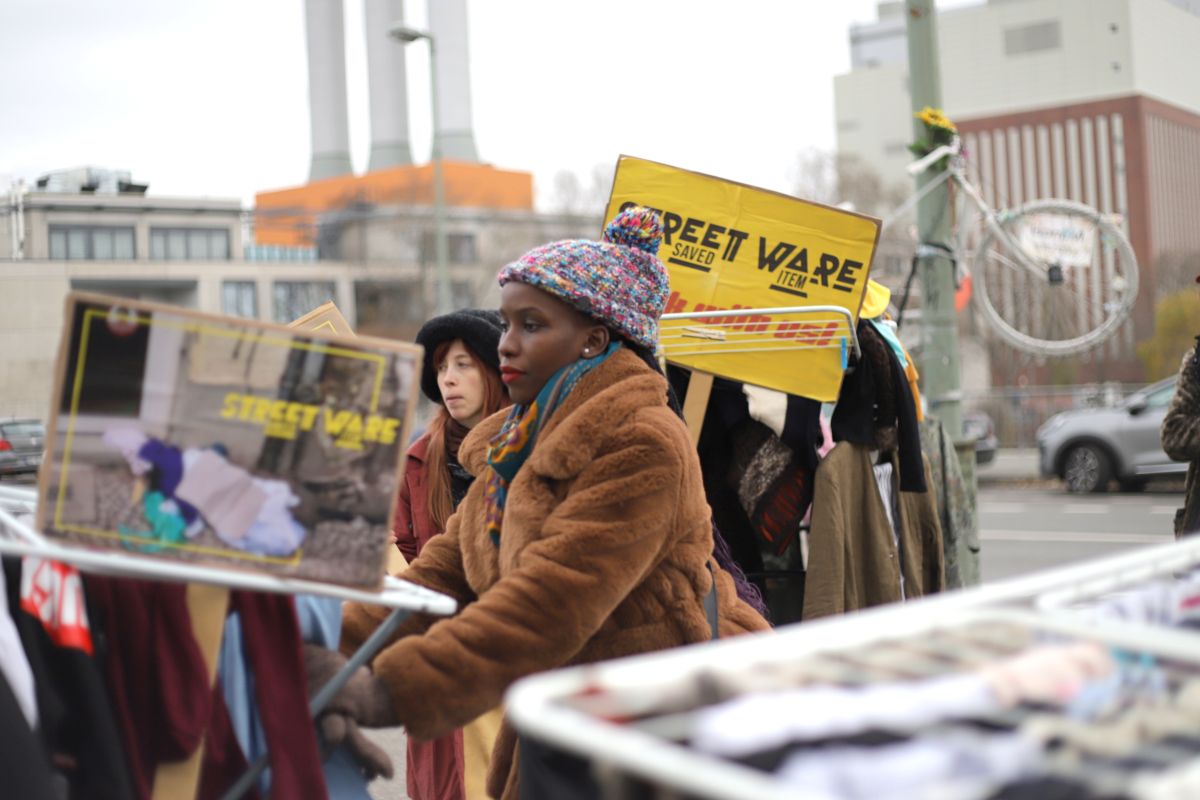
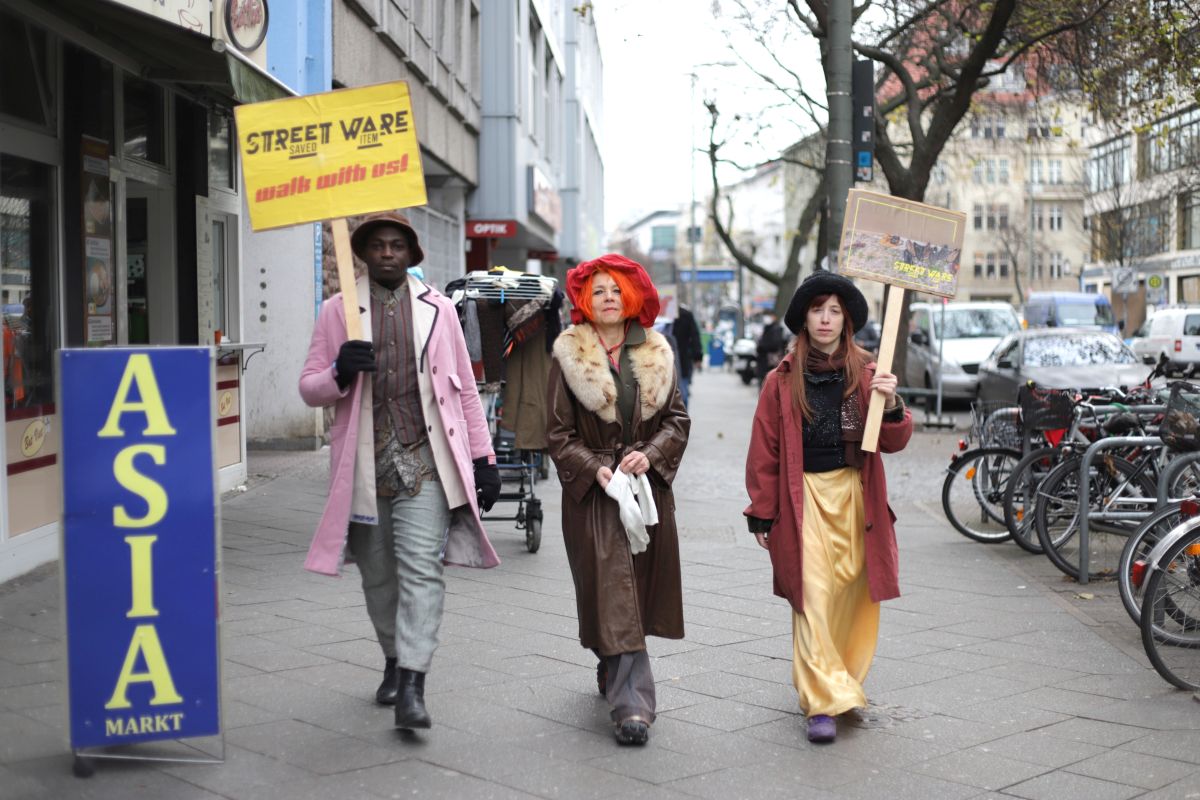
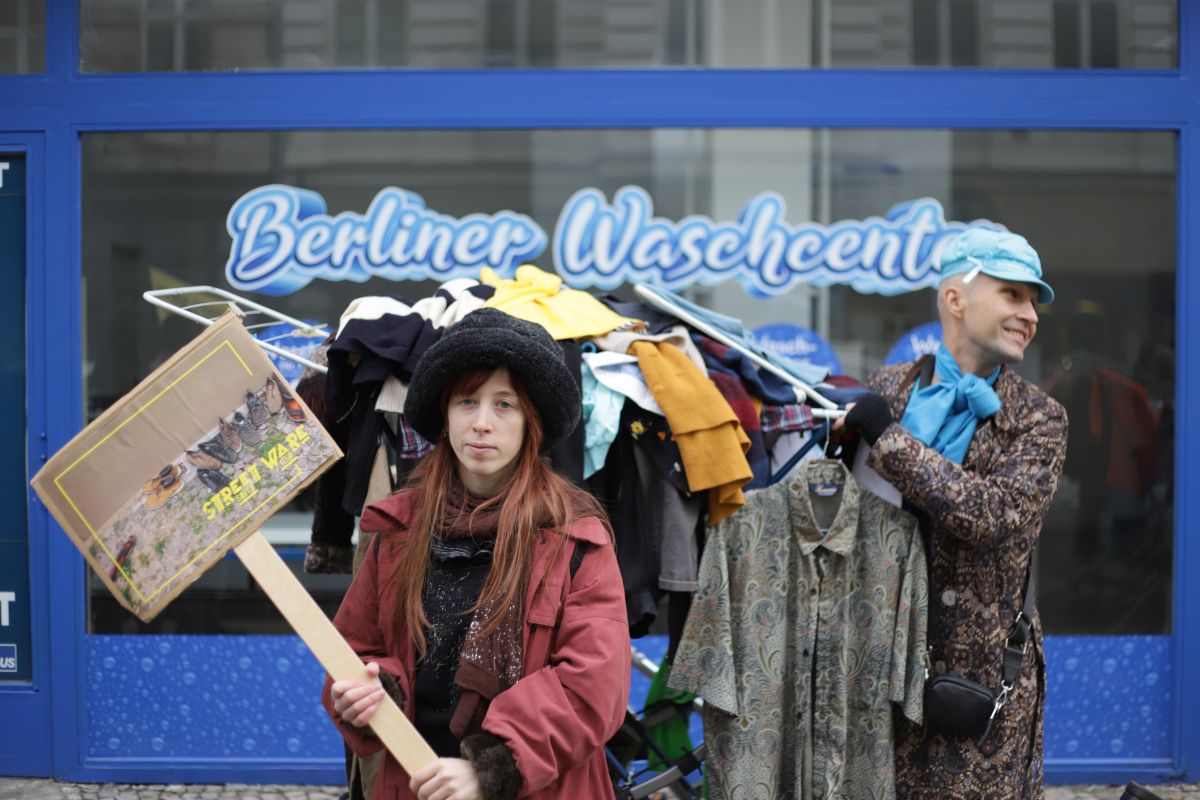
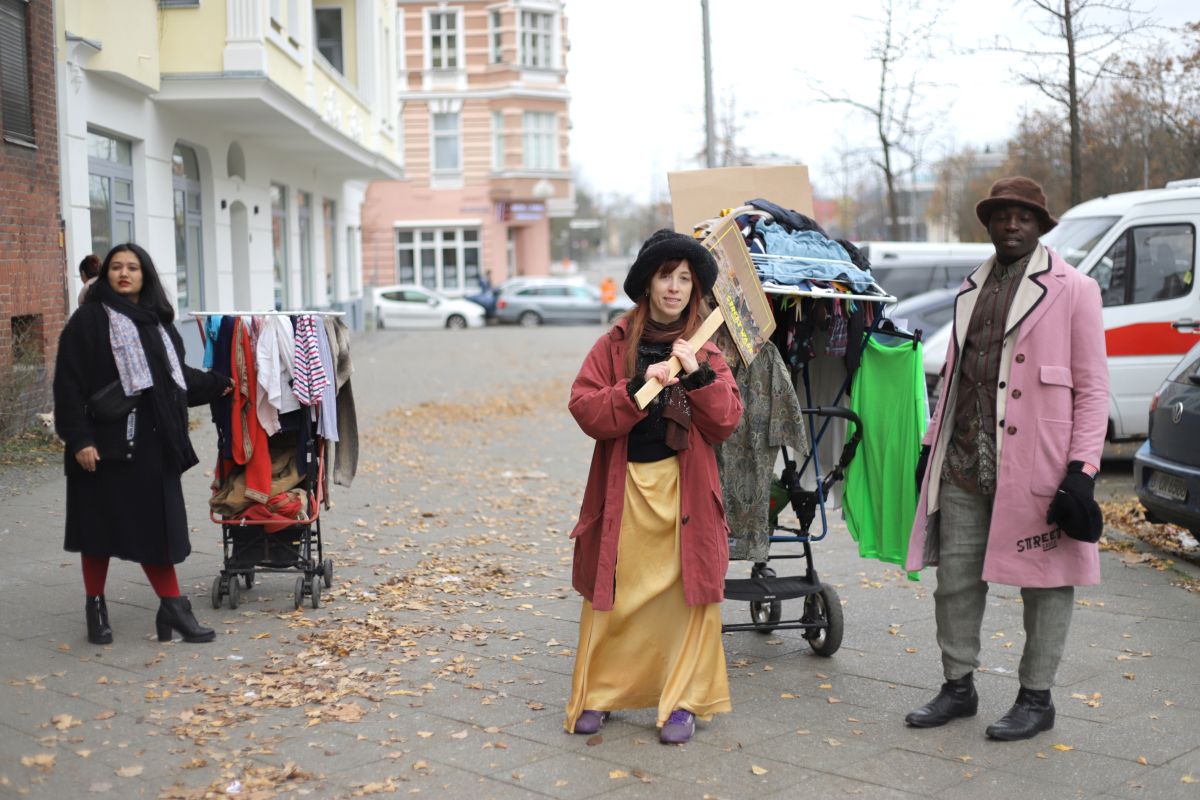

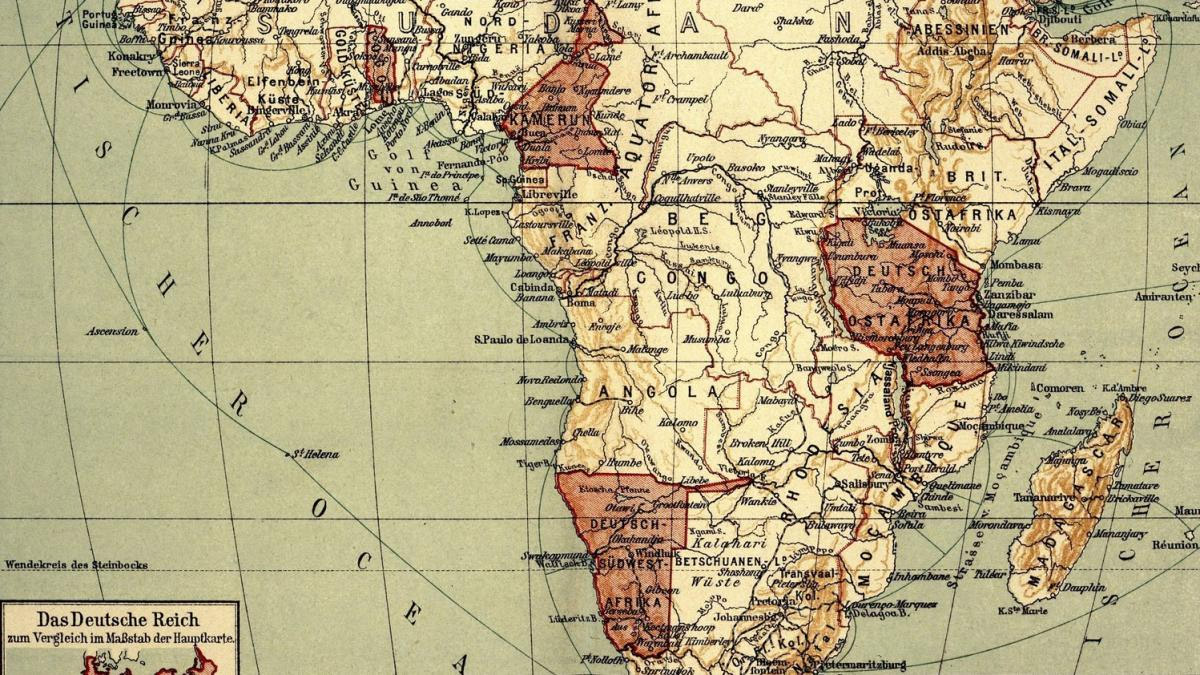
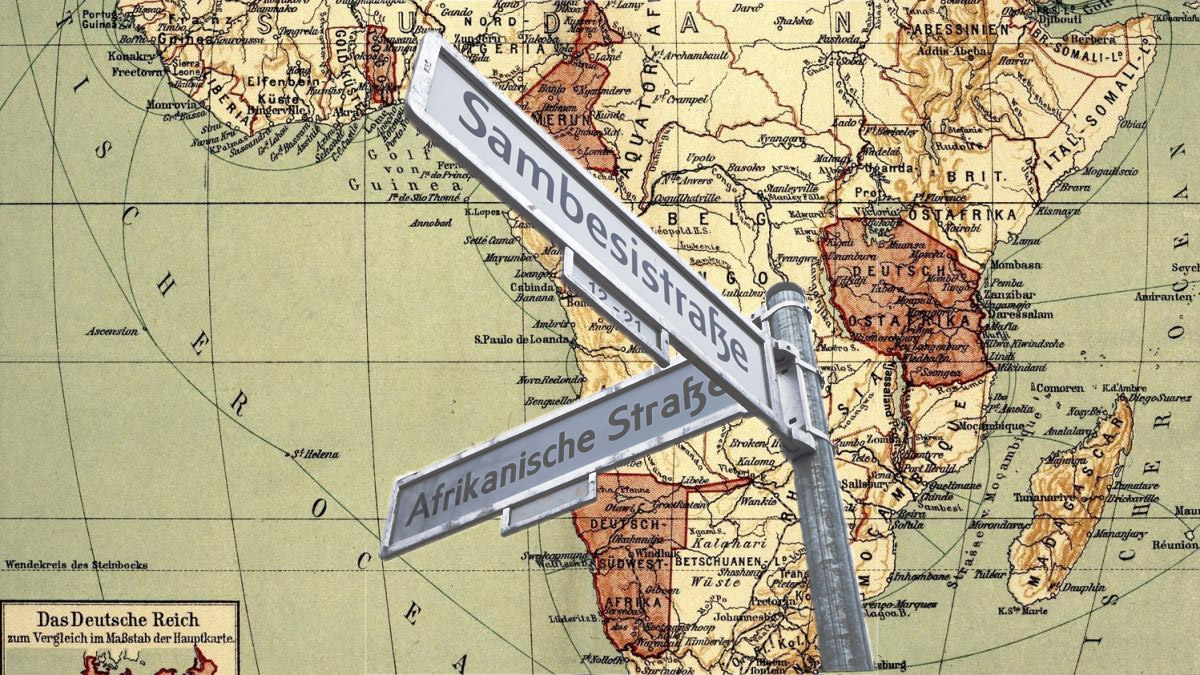
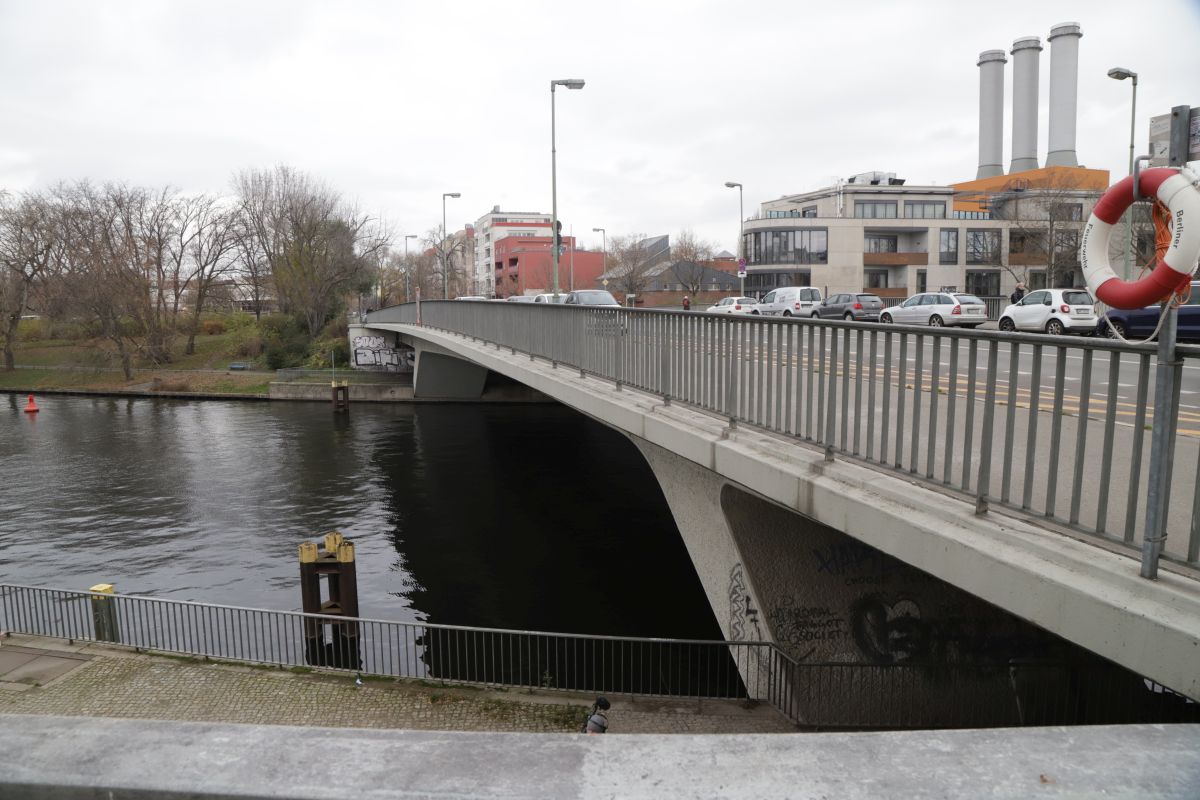
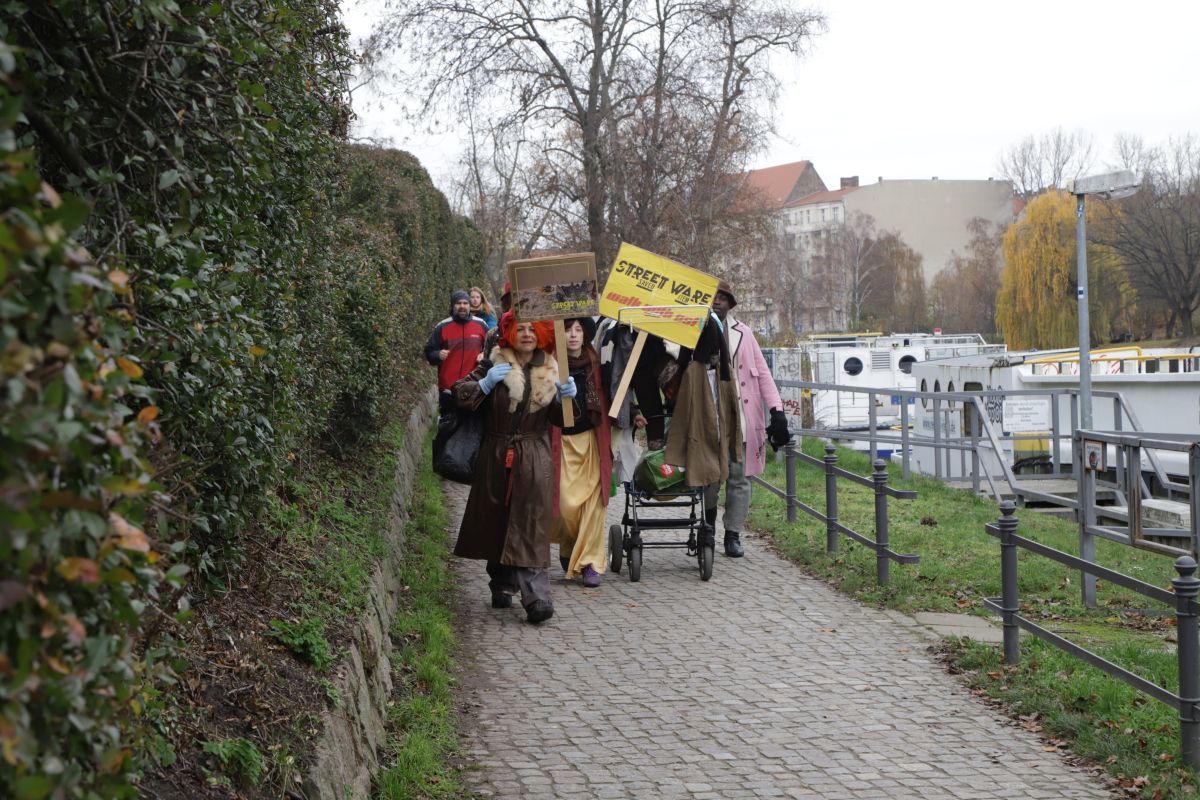
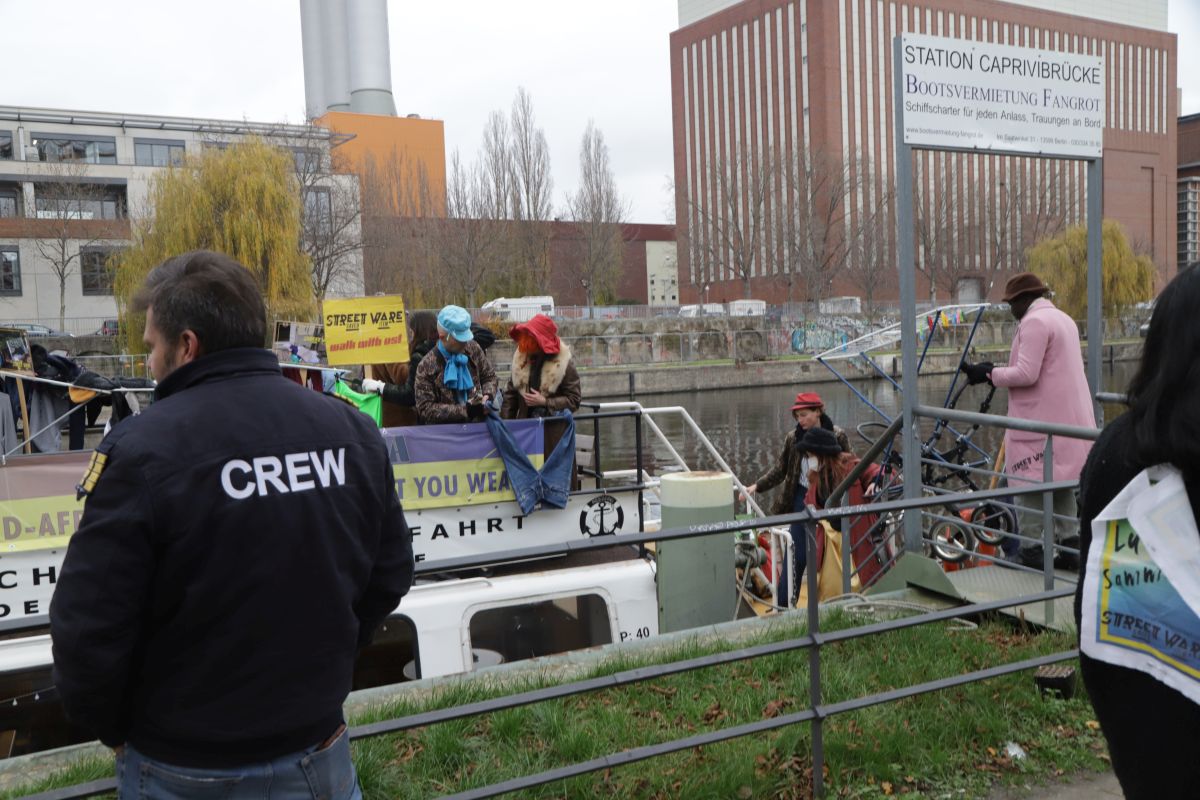
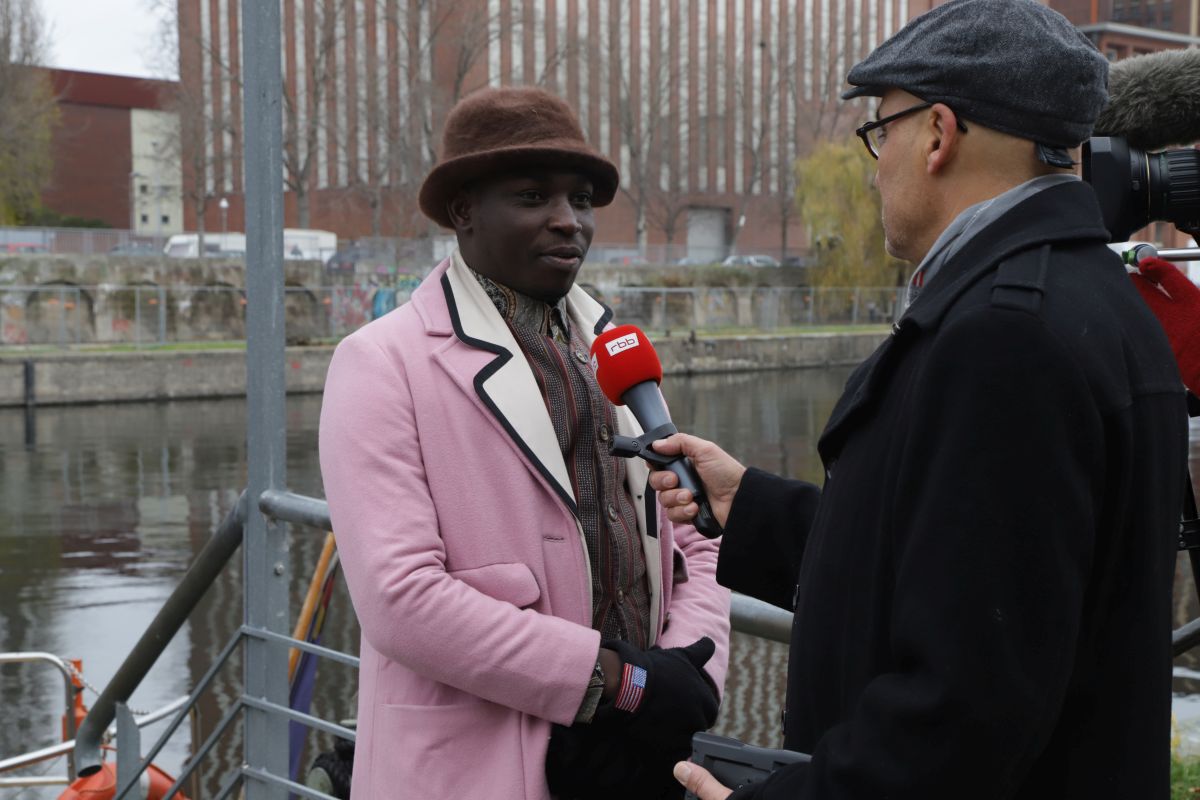
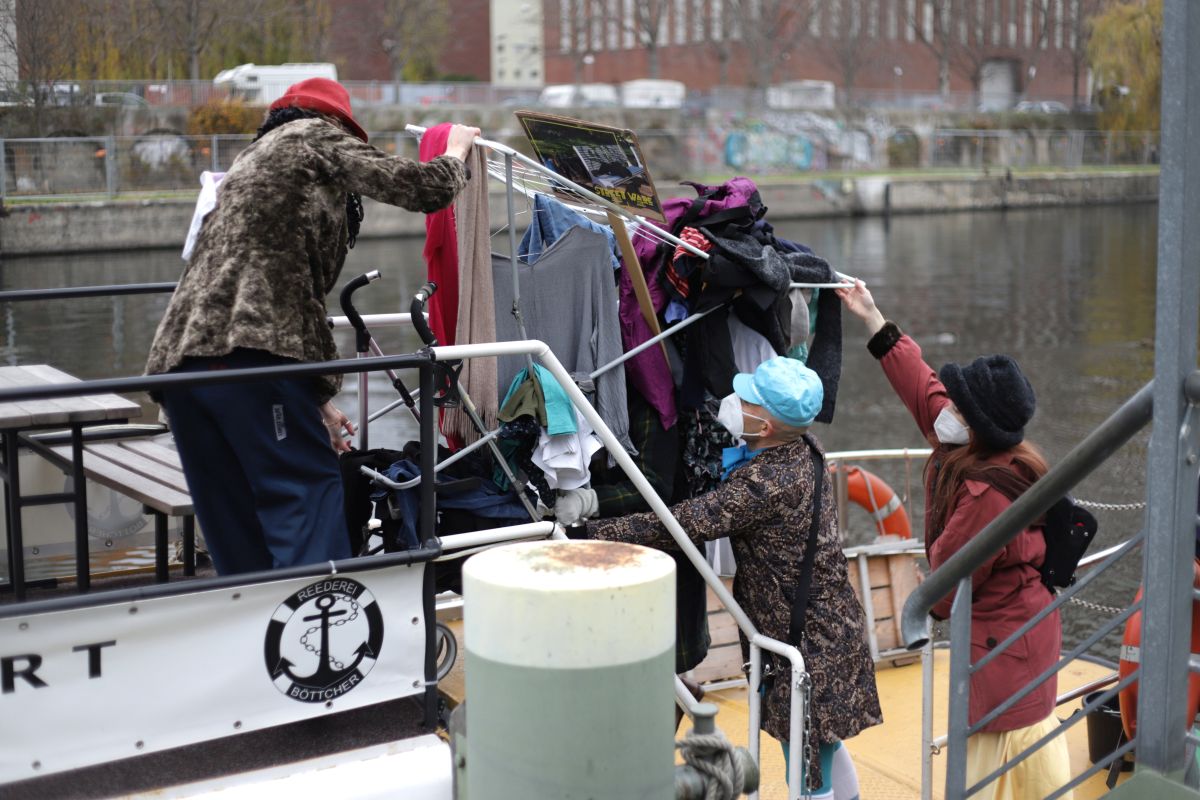
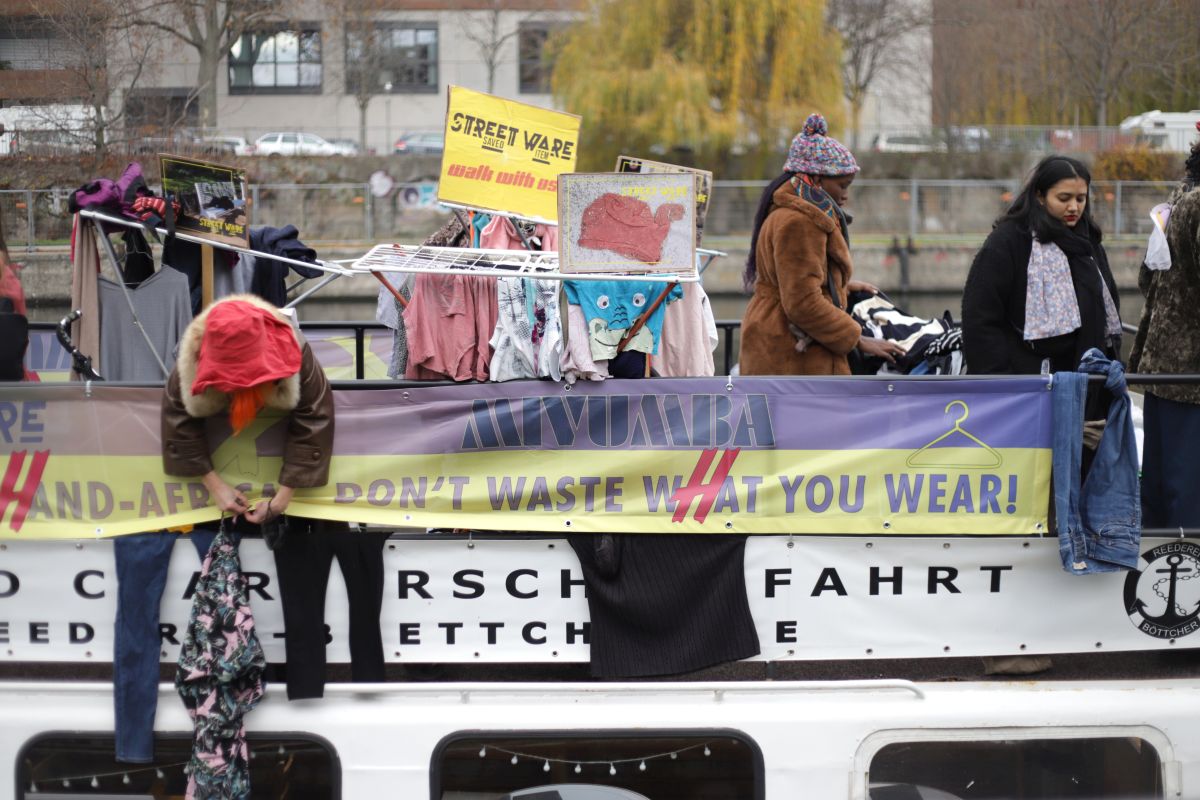
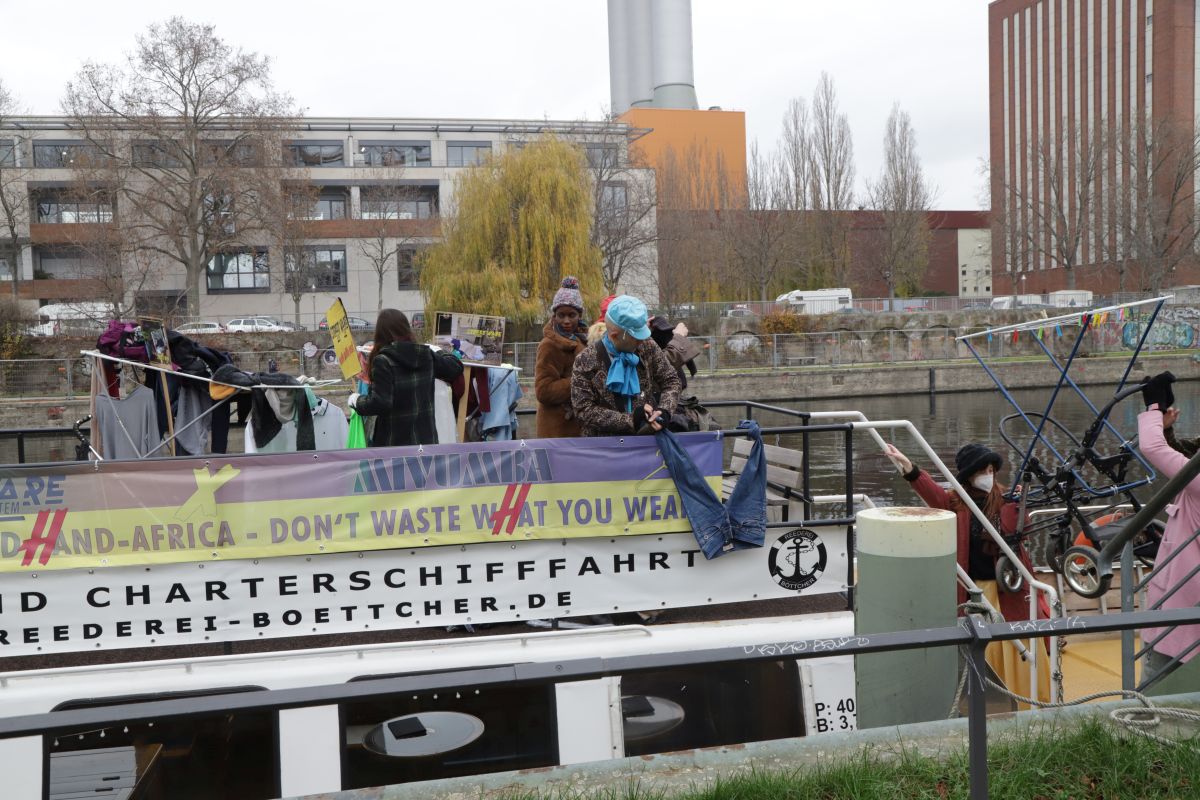
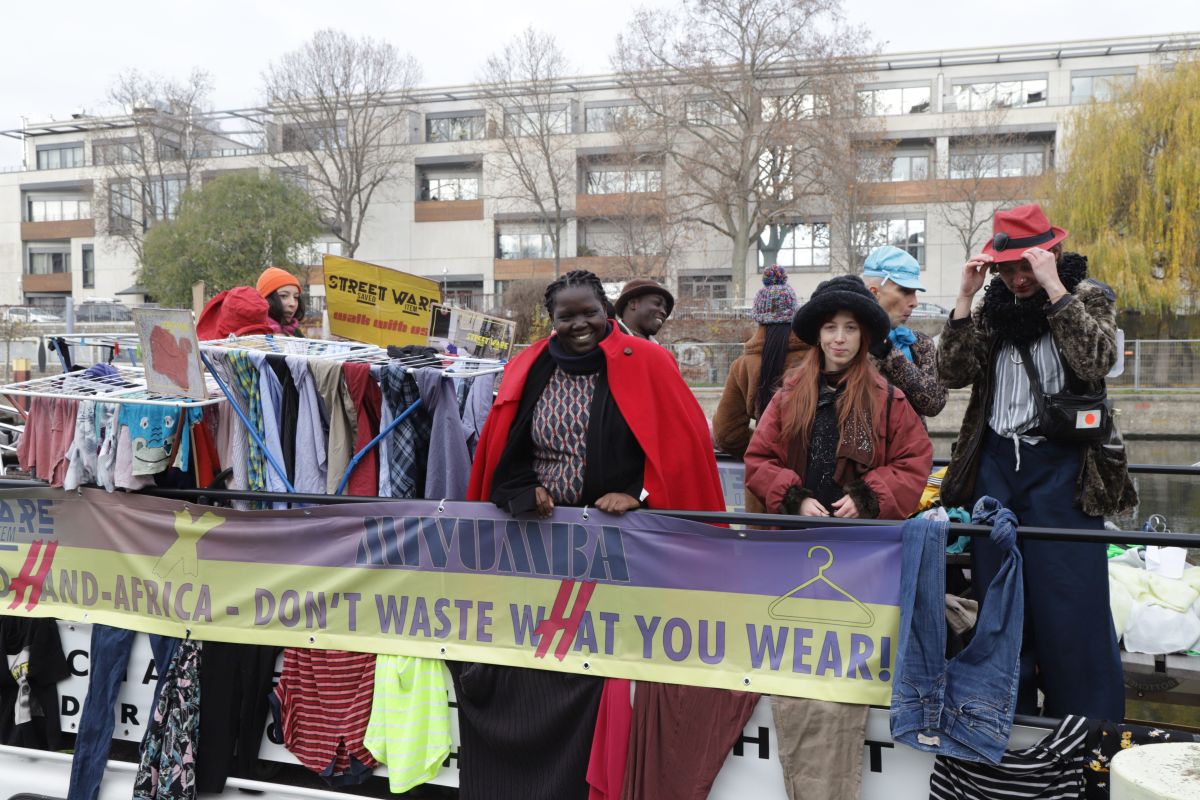
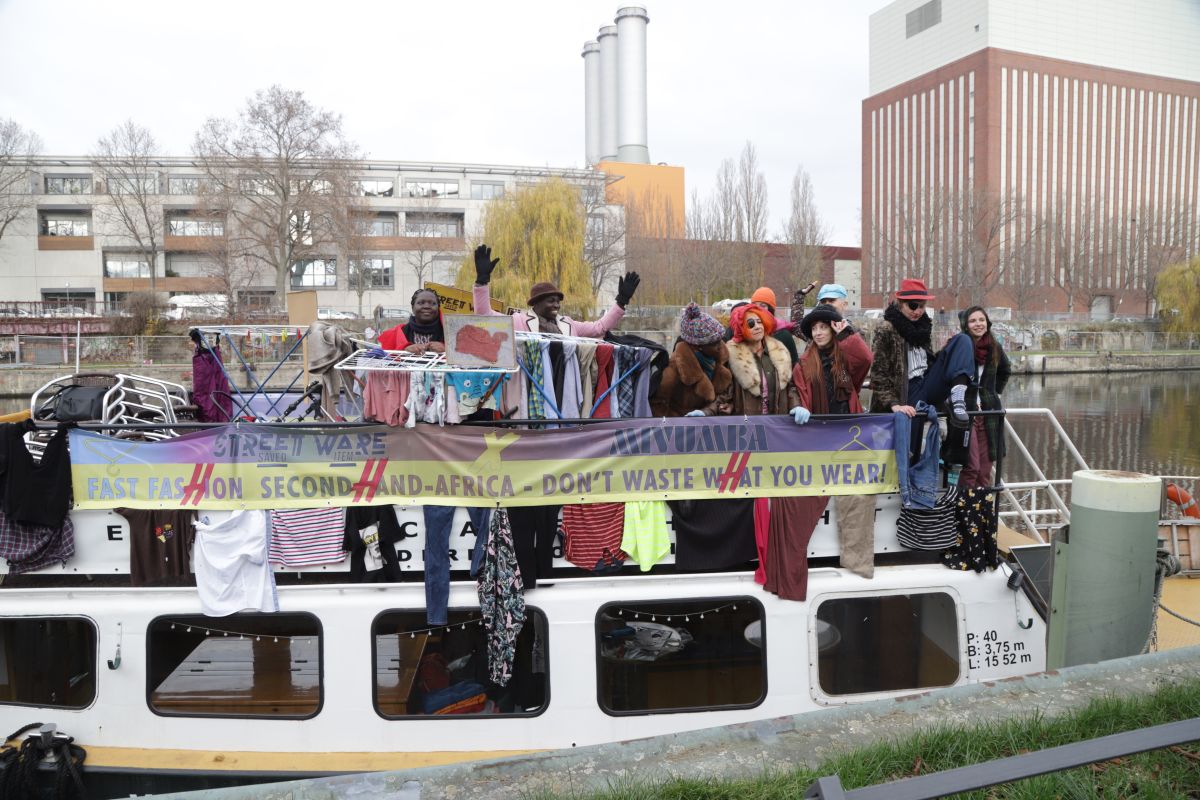
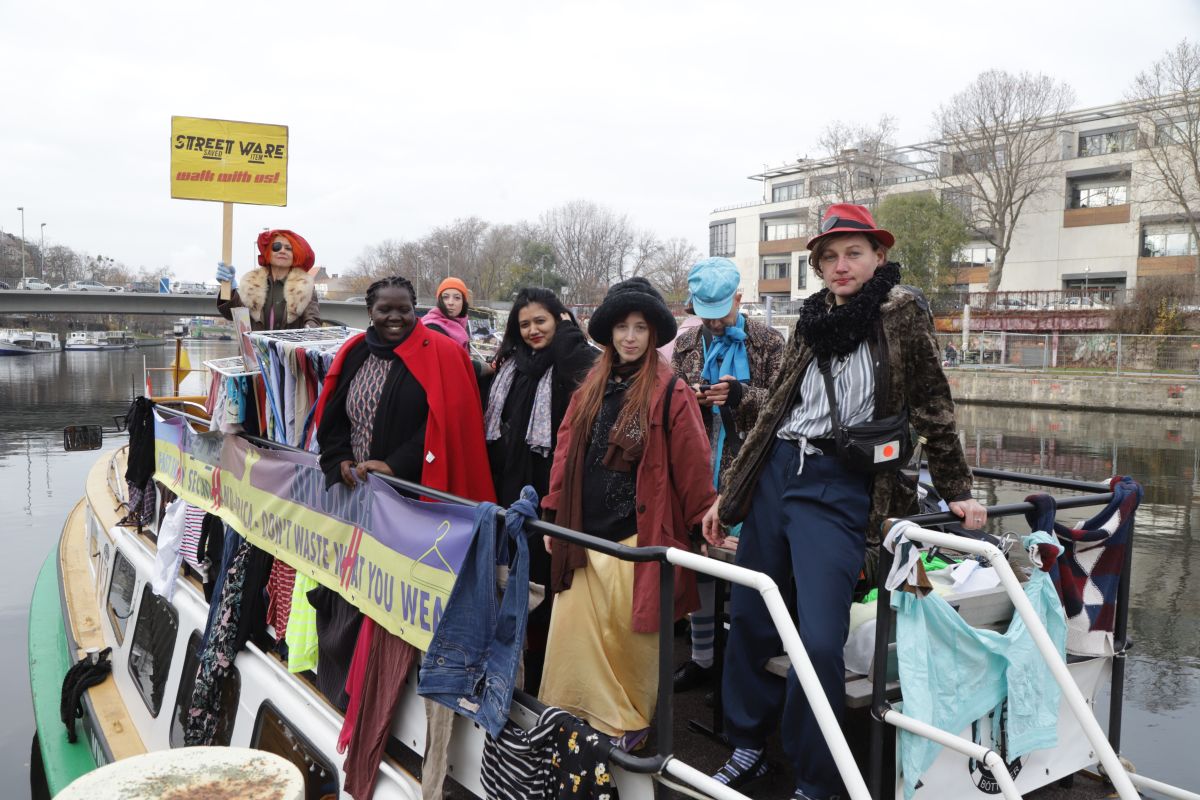
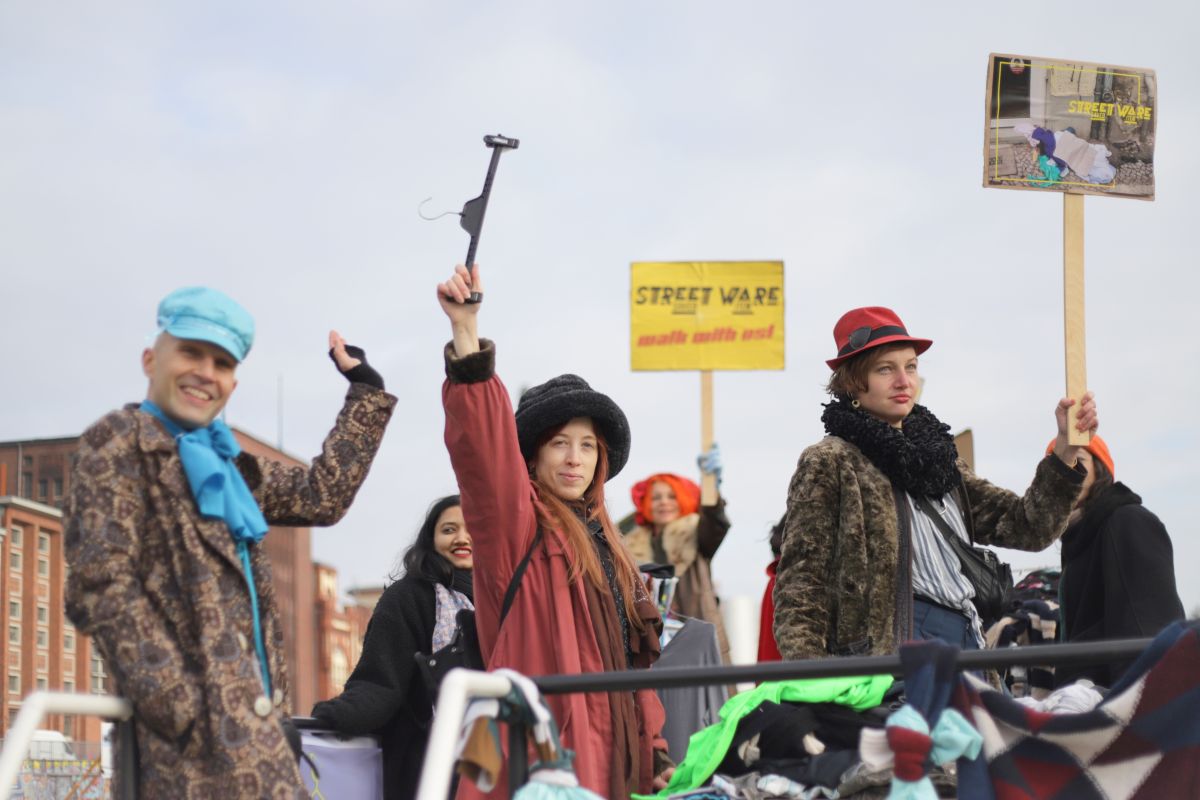
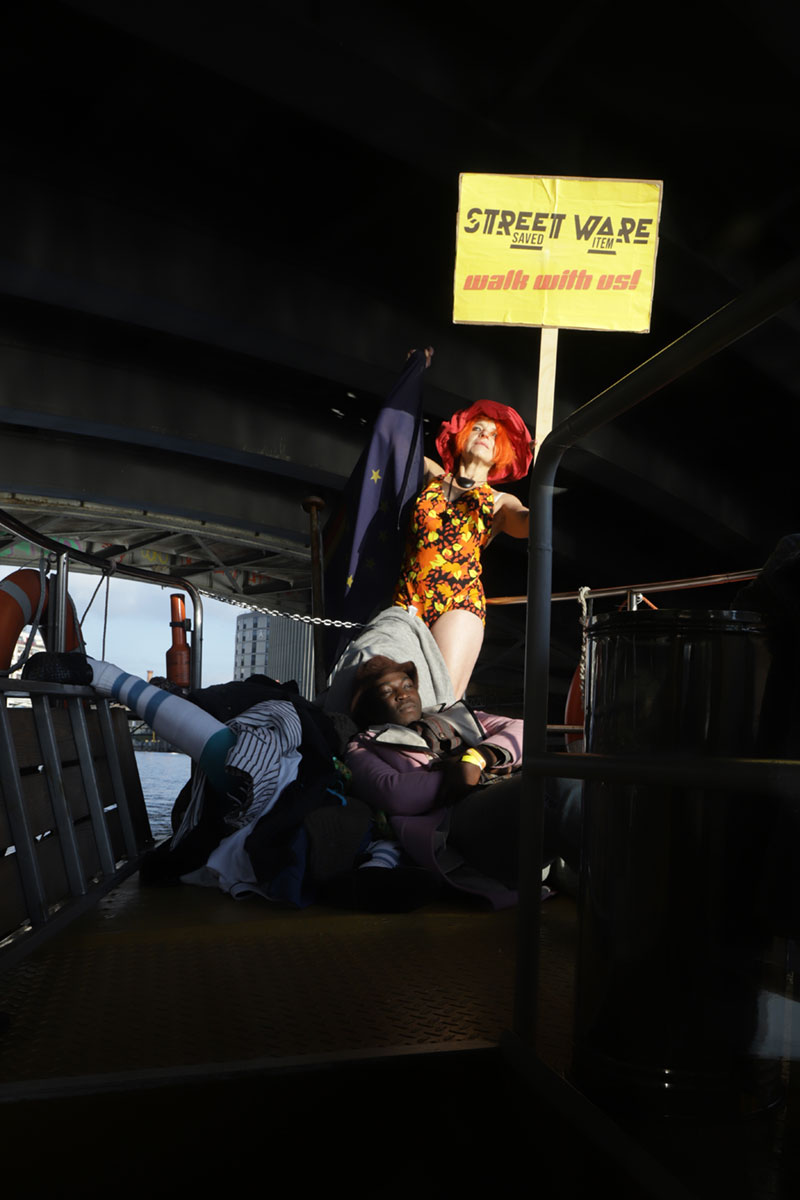
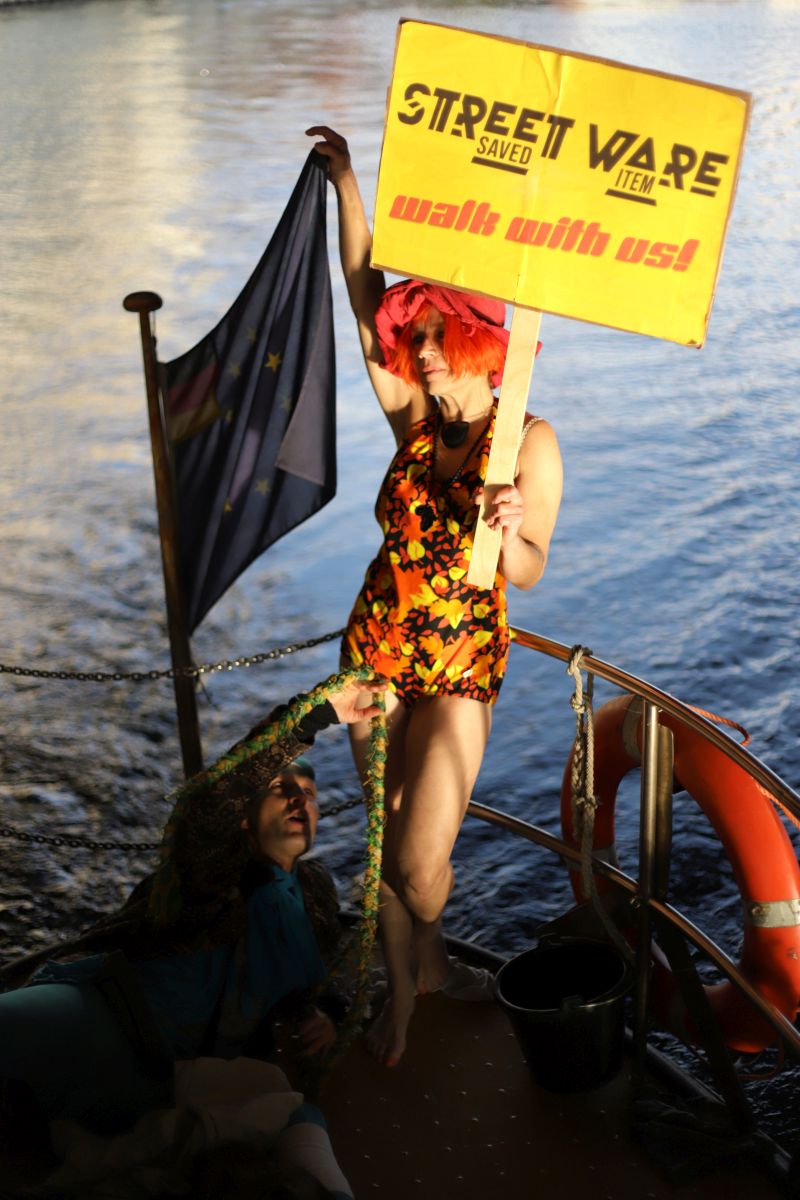

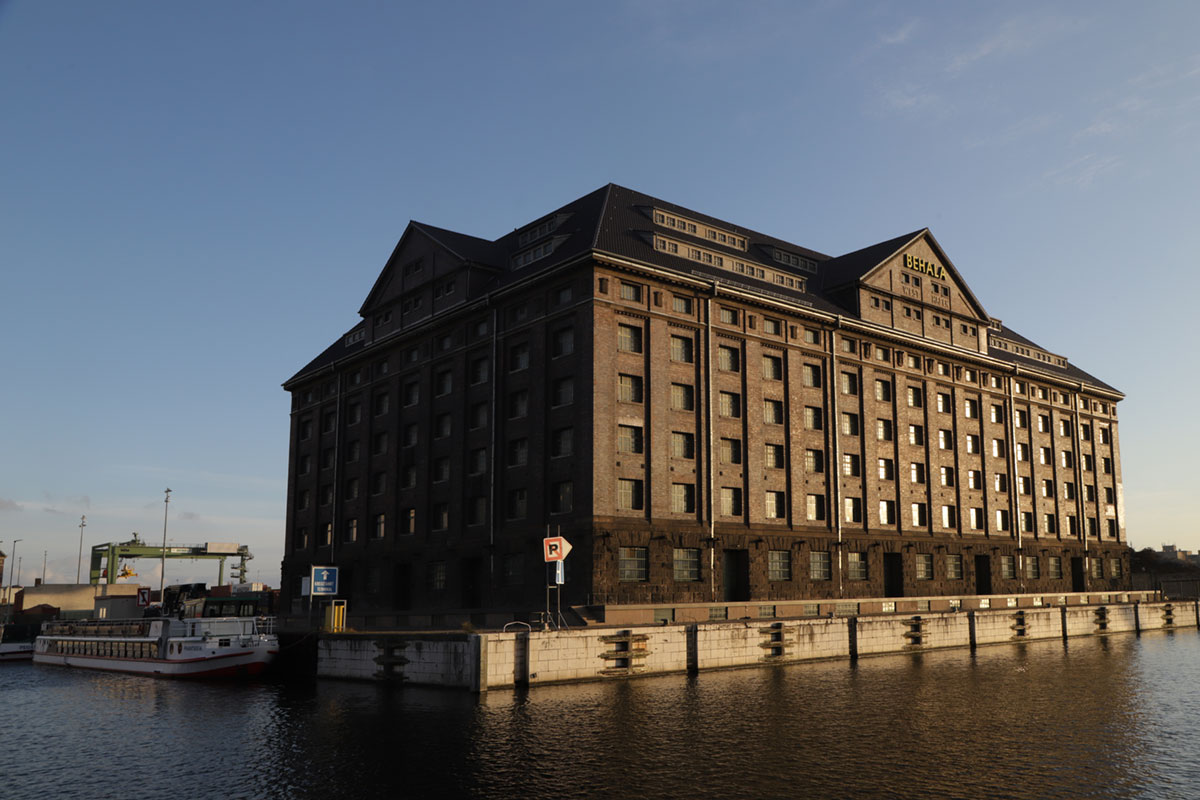
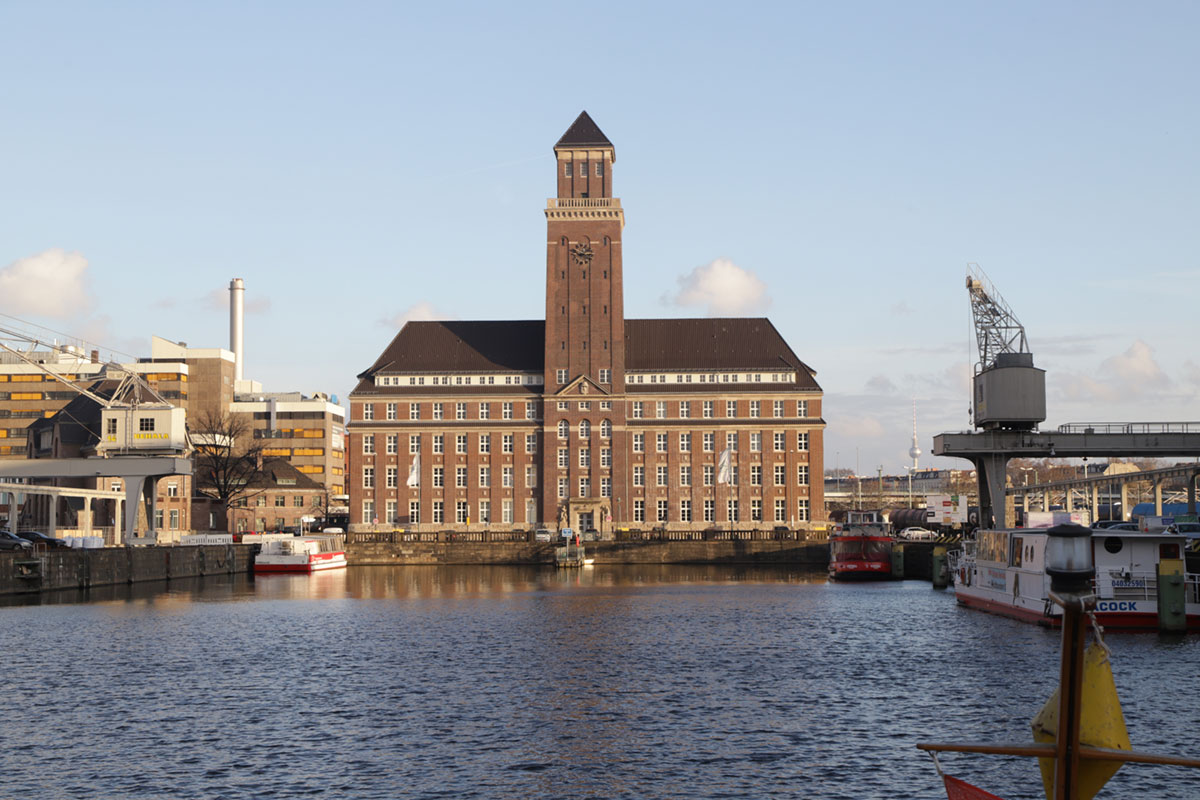
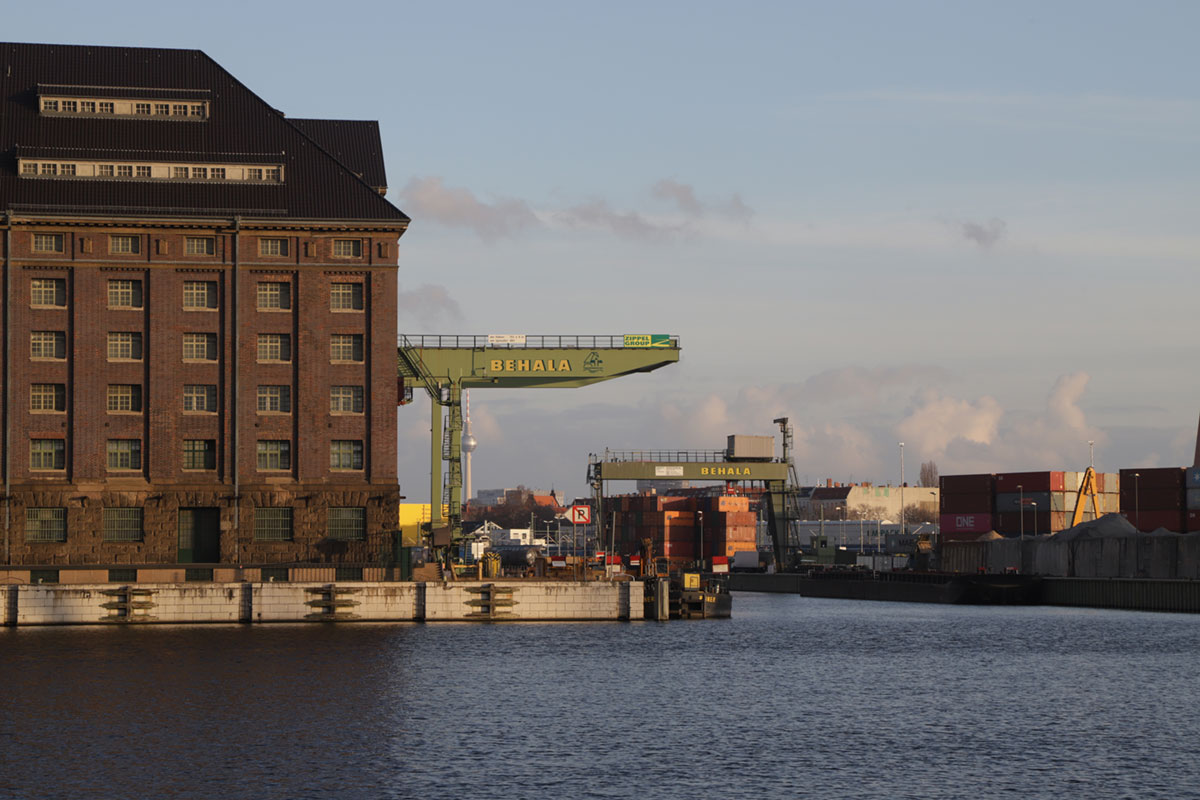

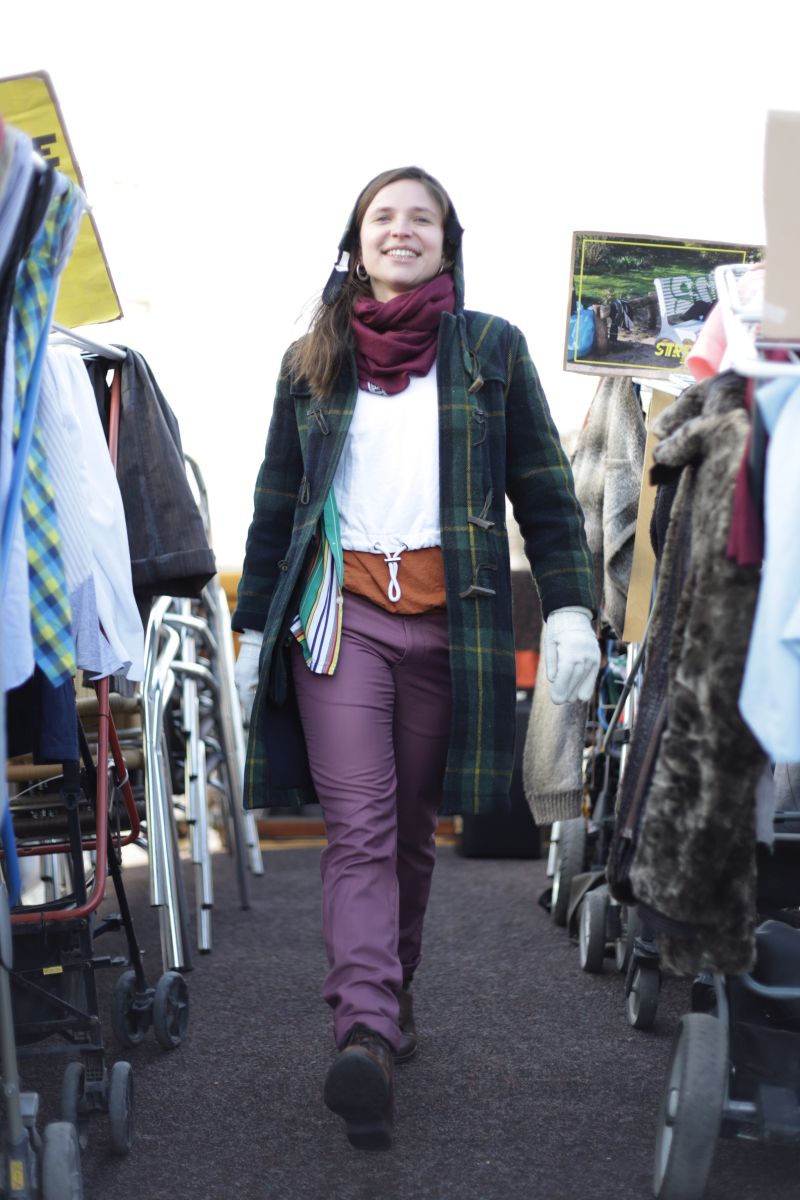
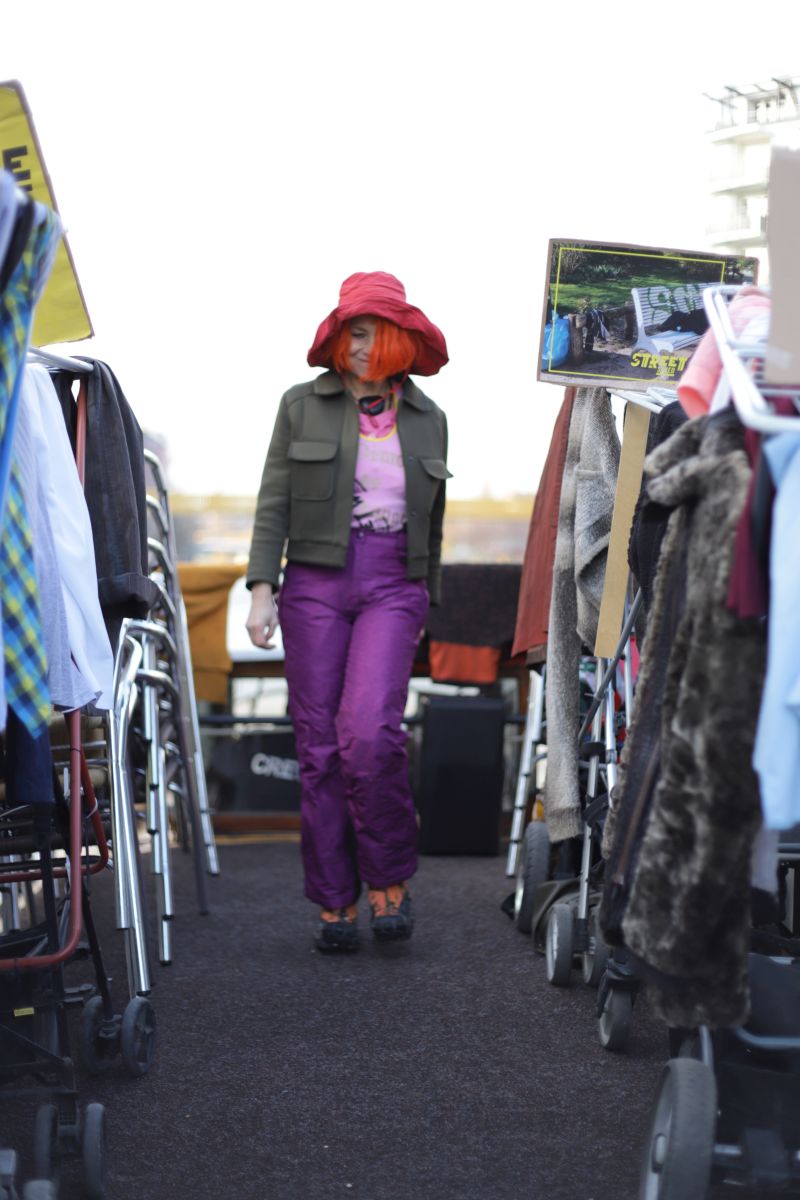
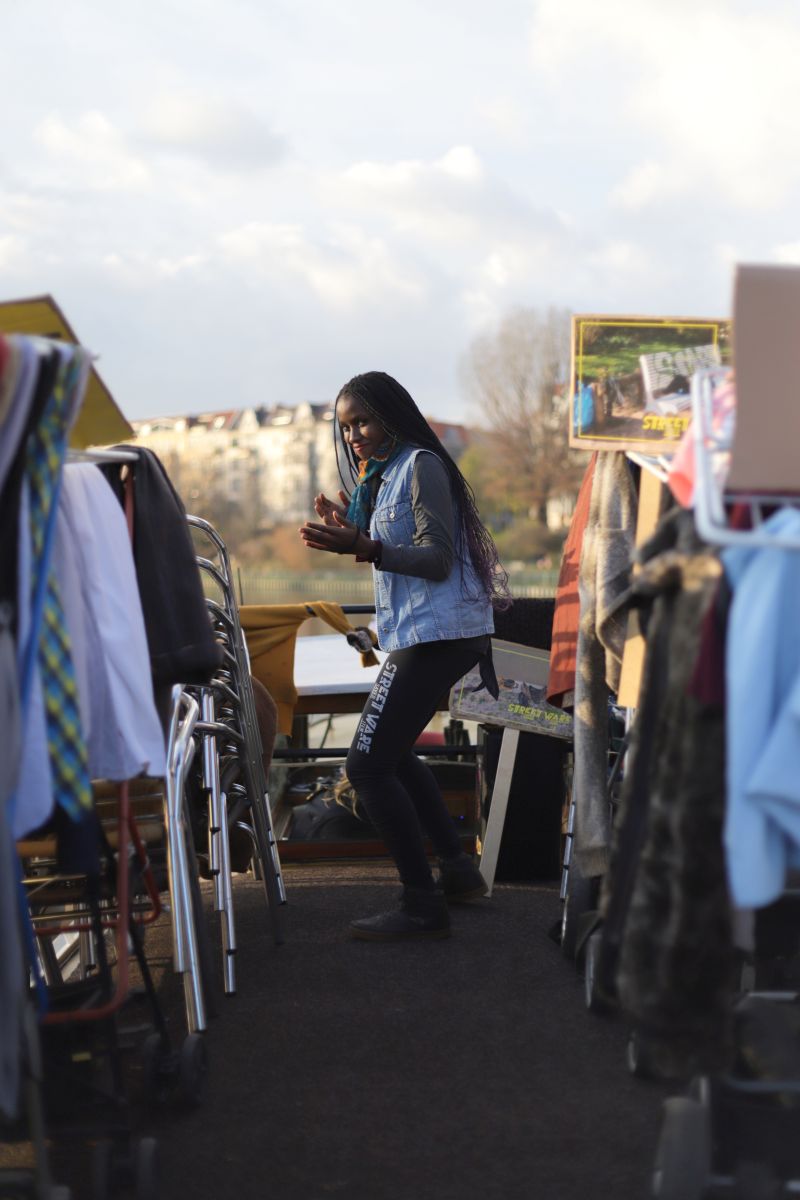
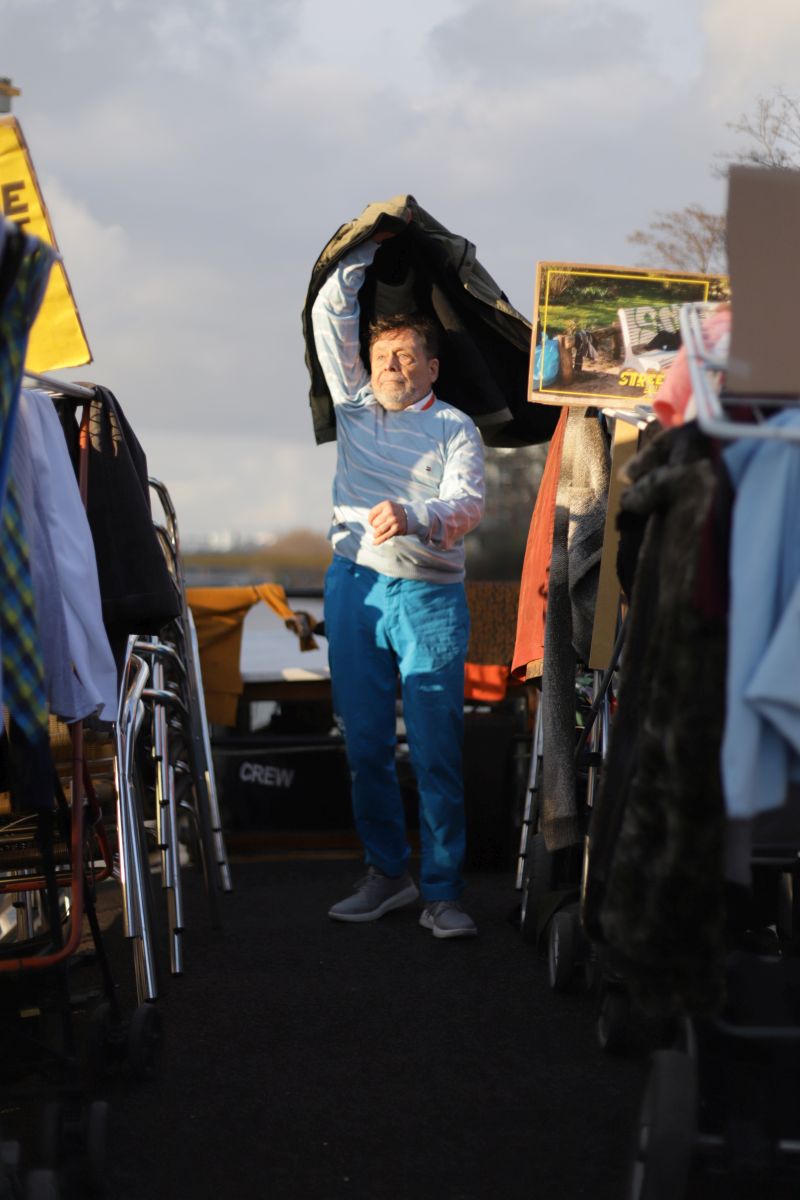

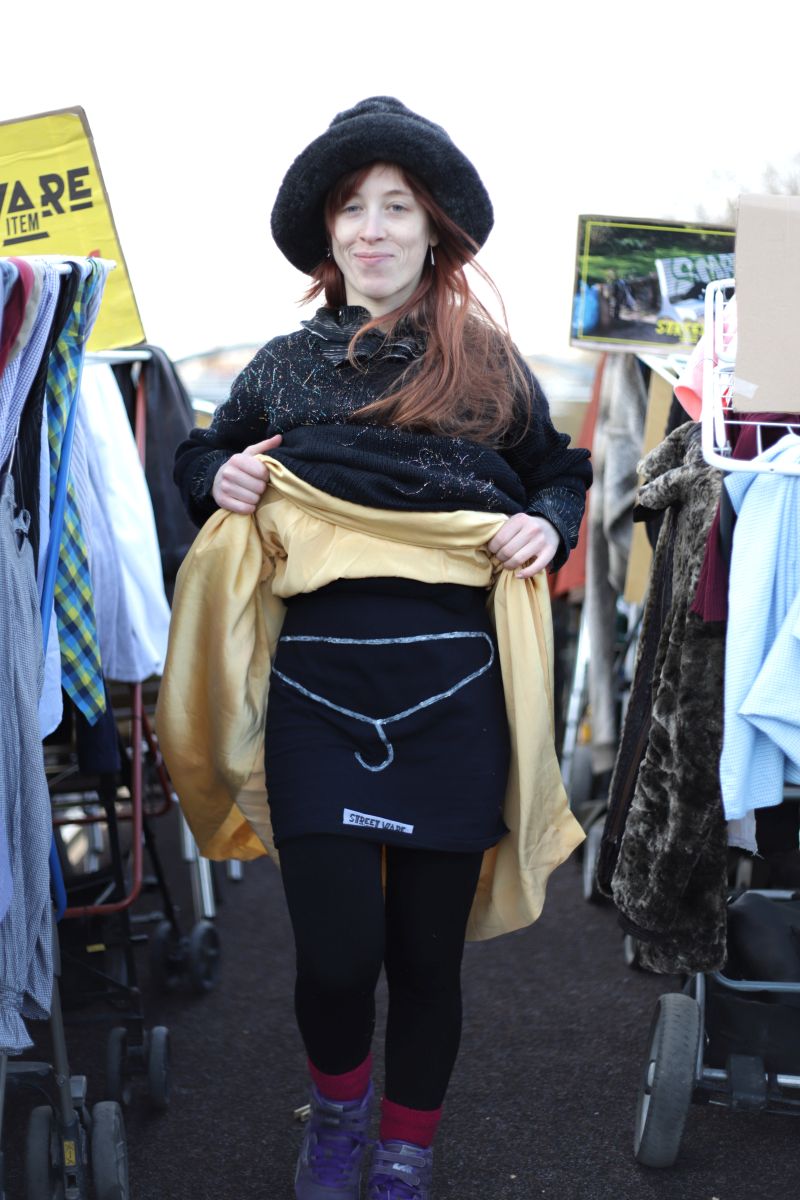
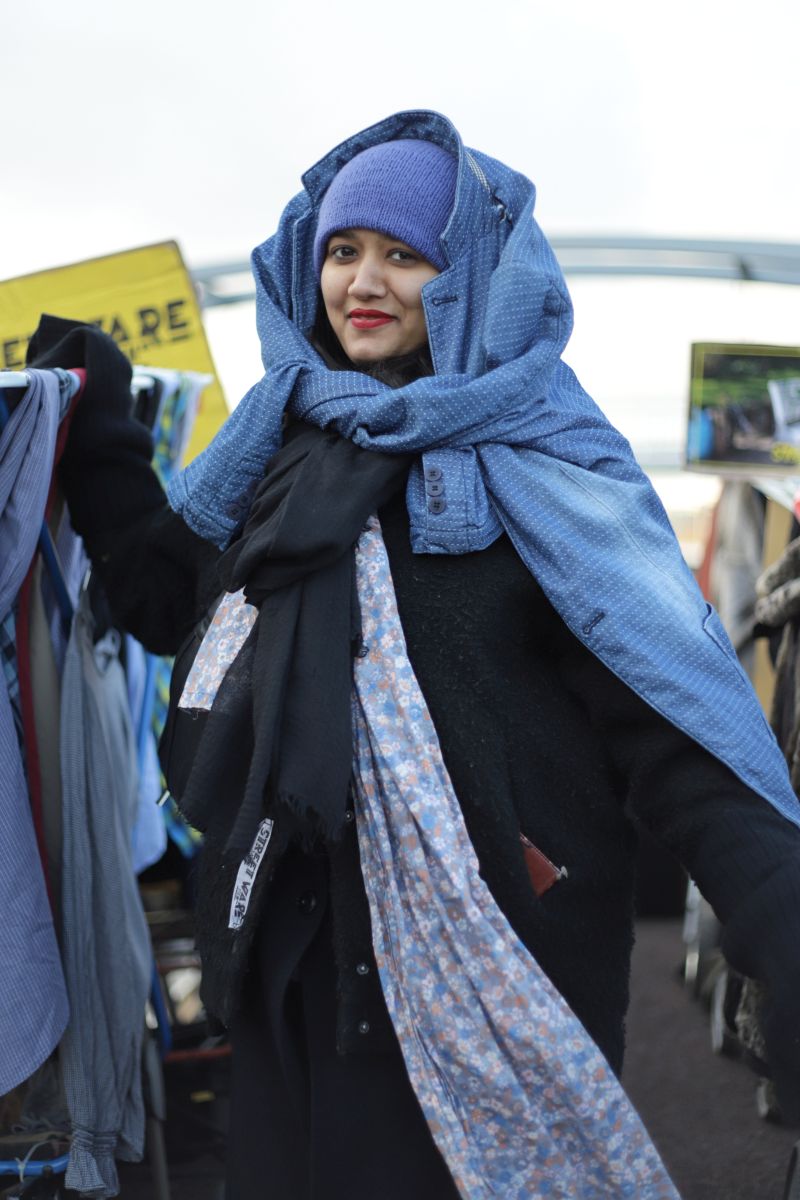
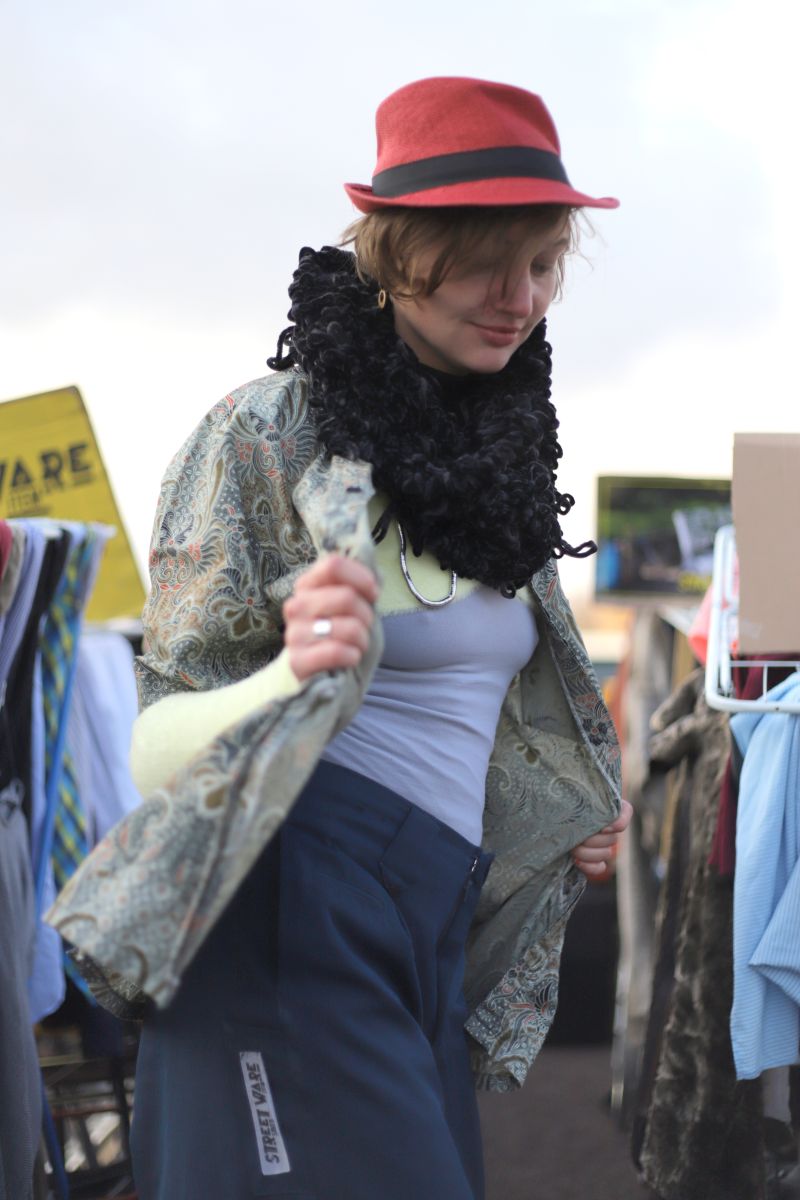
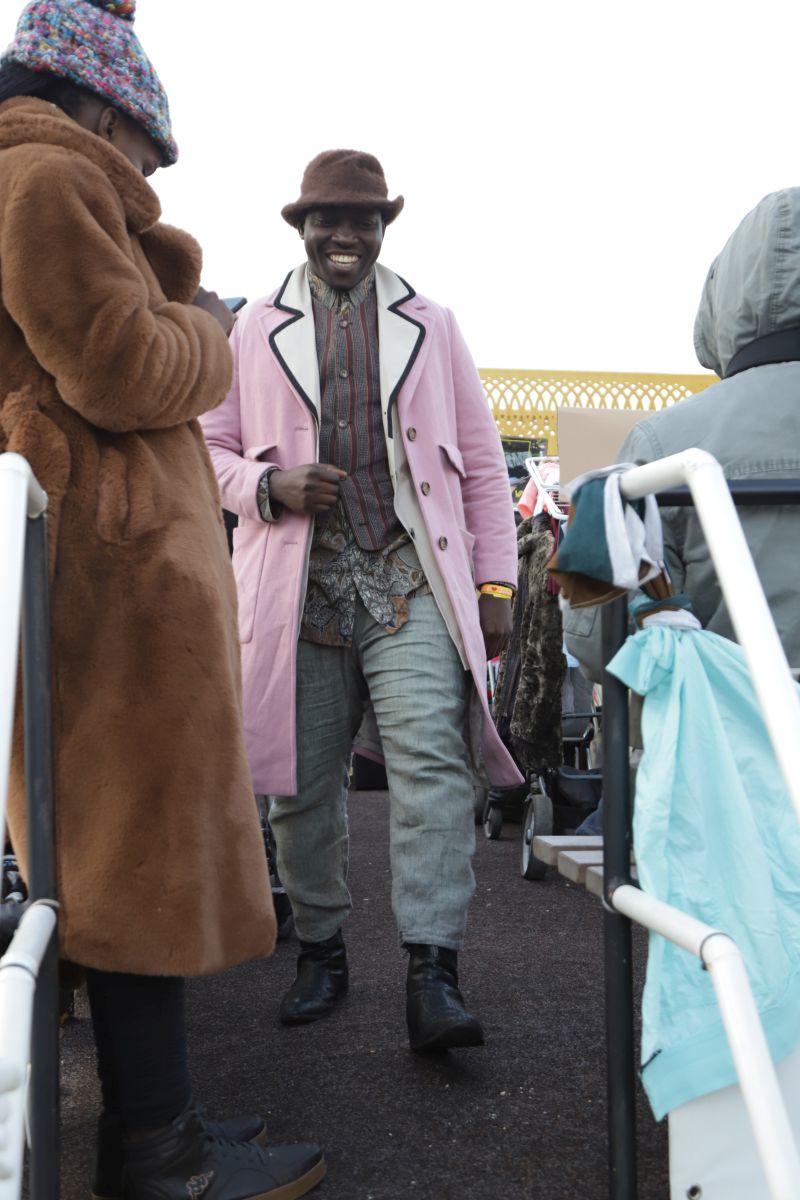
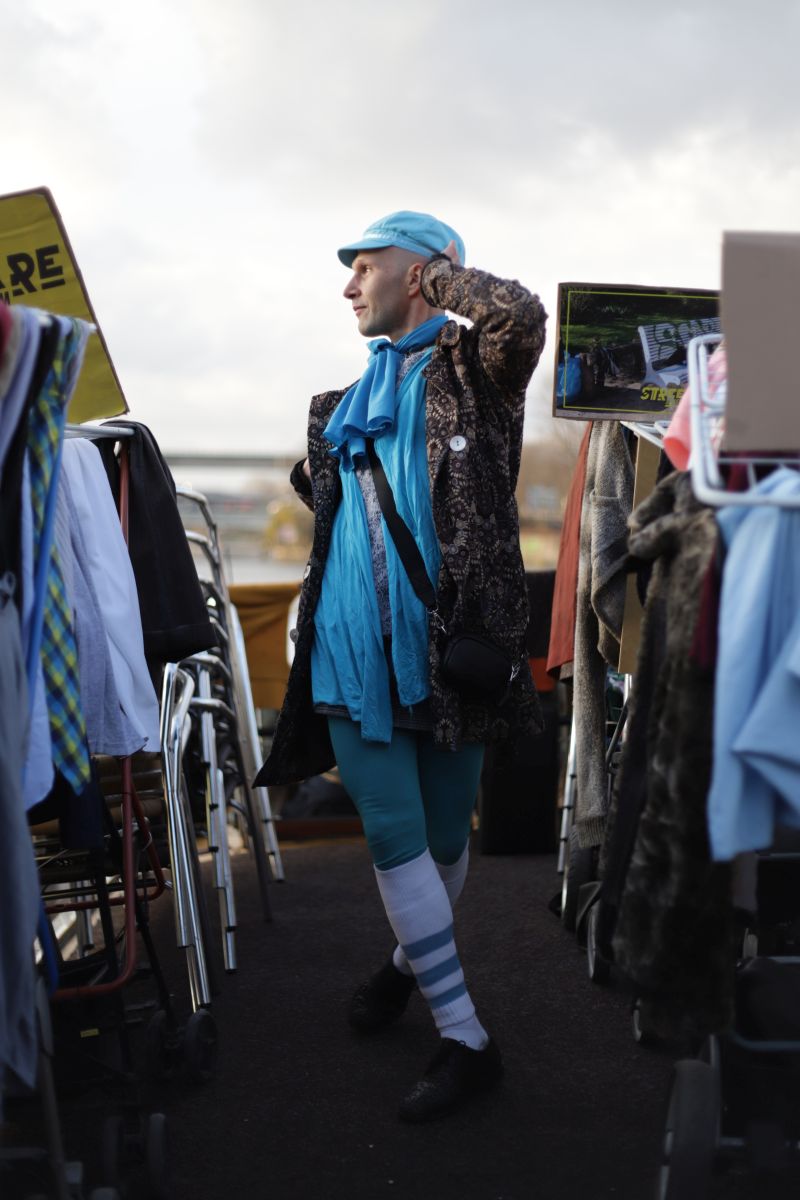
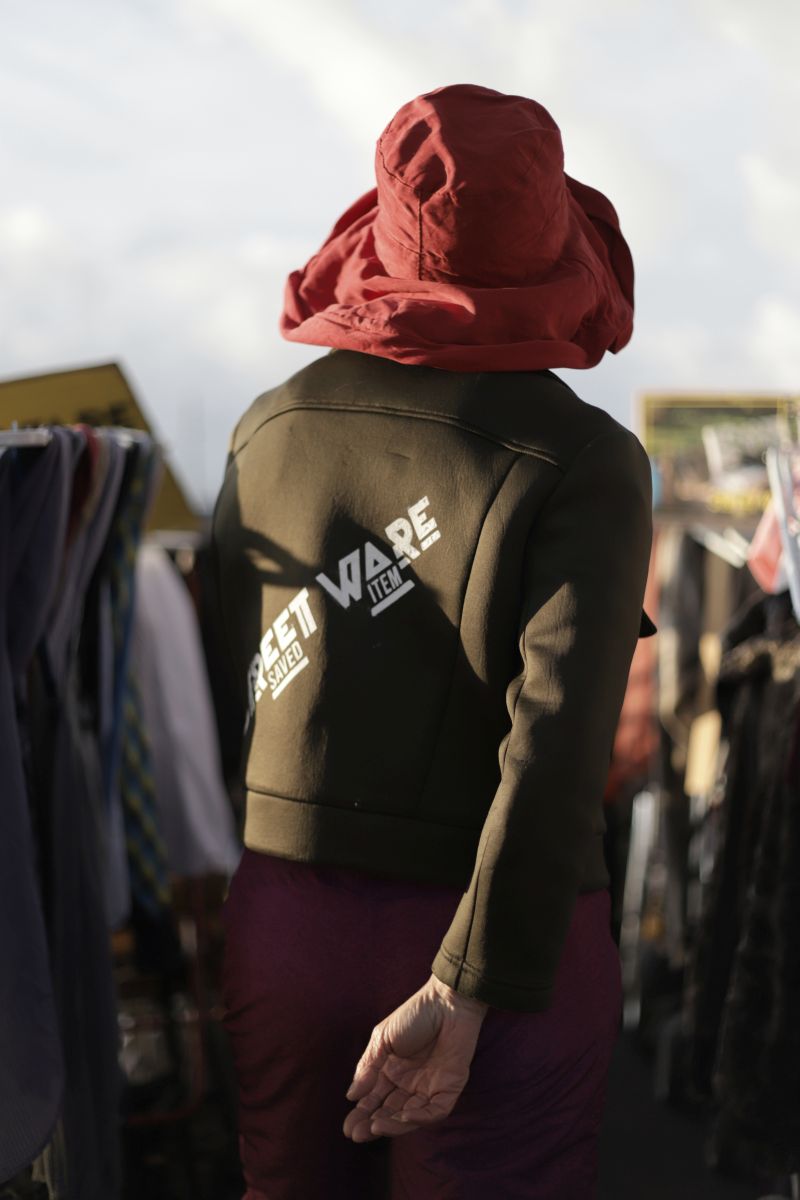
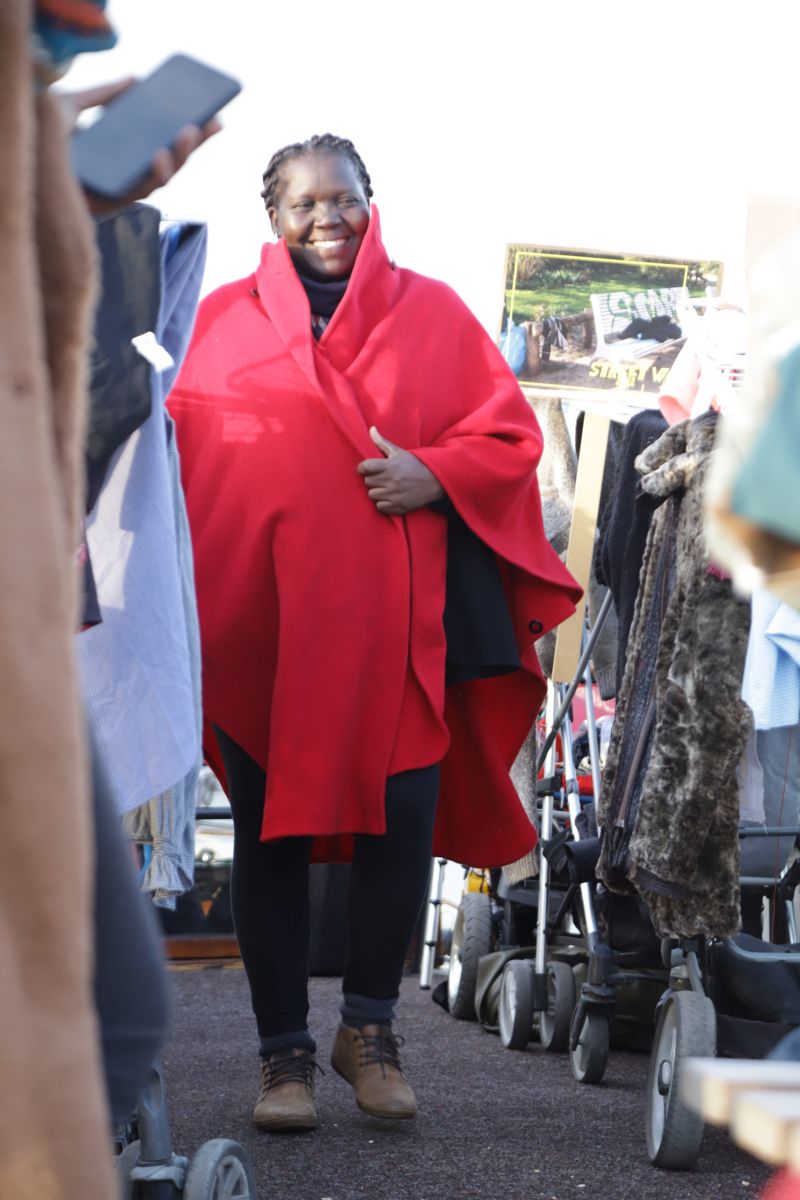
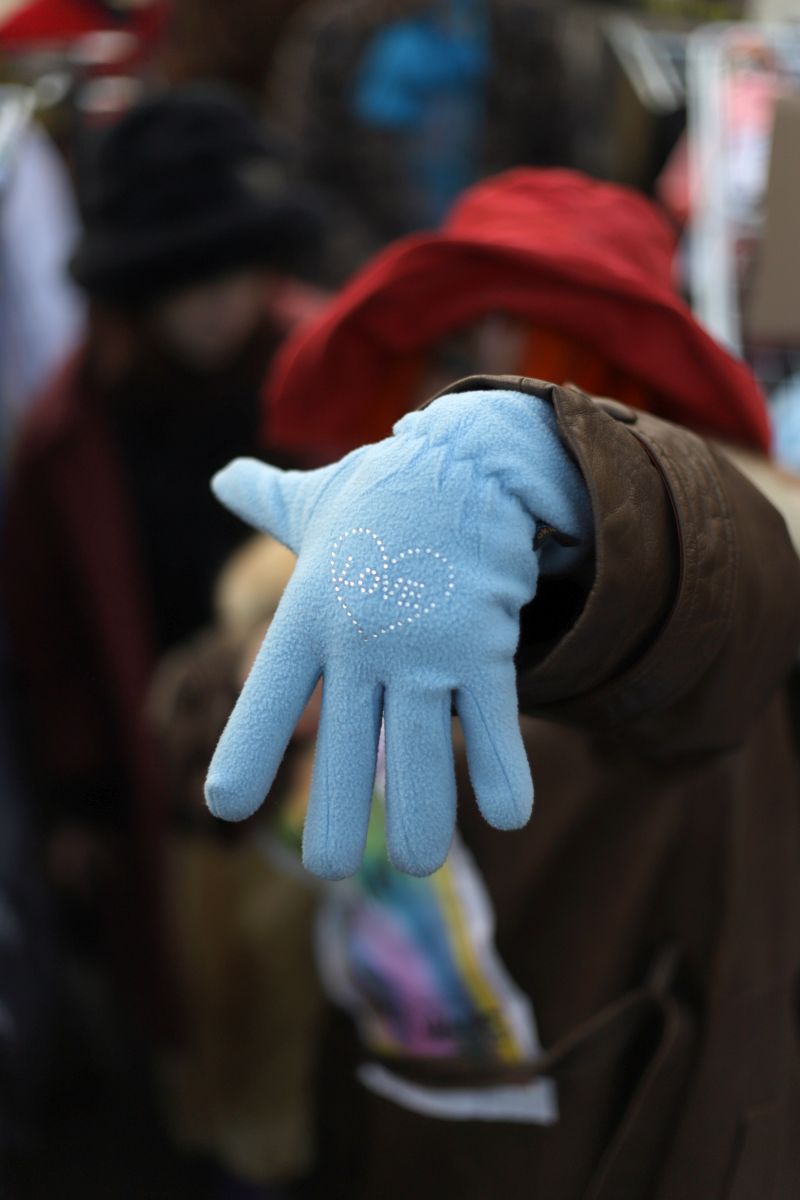
Recent Comments